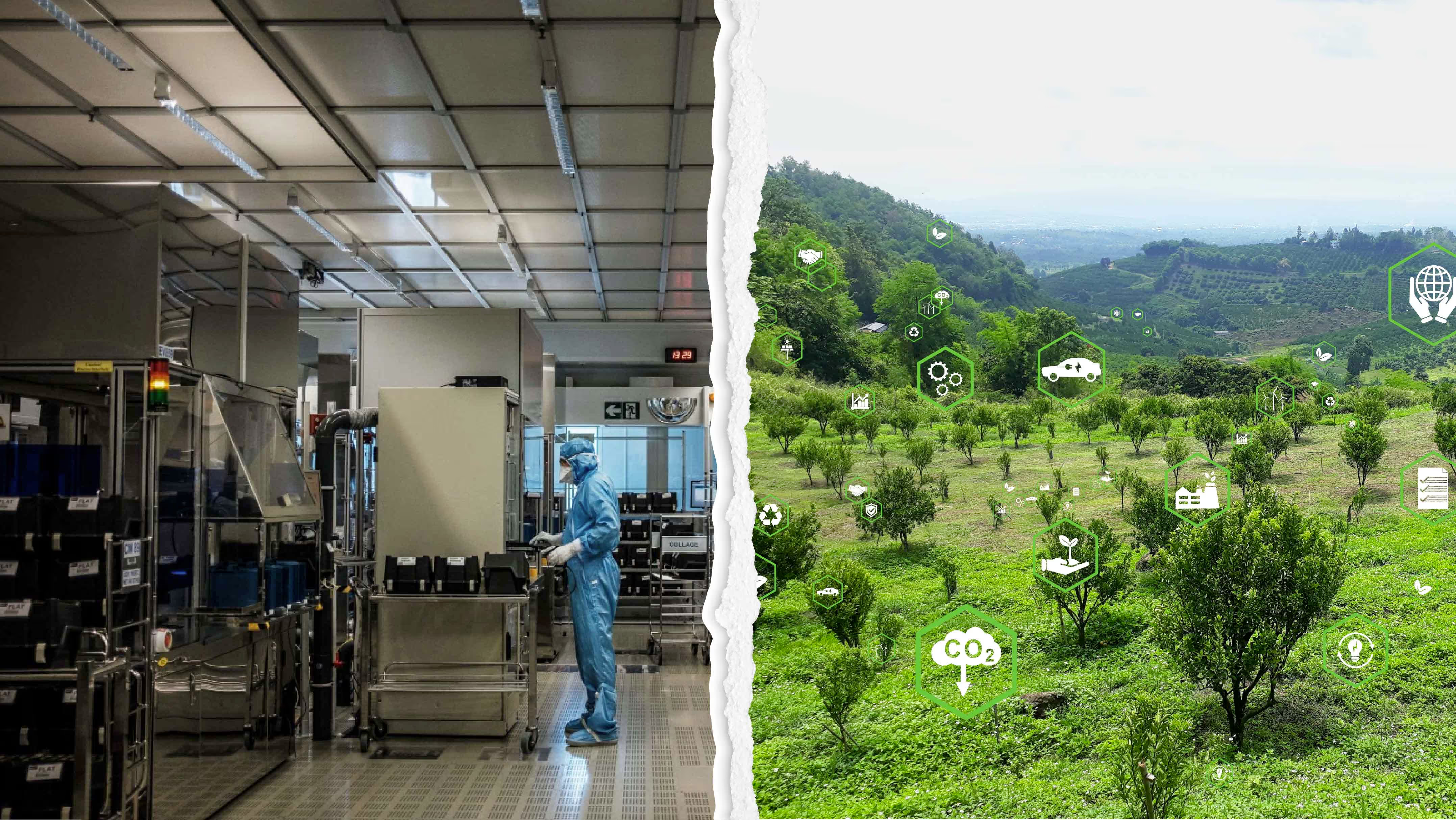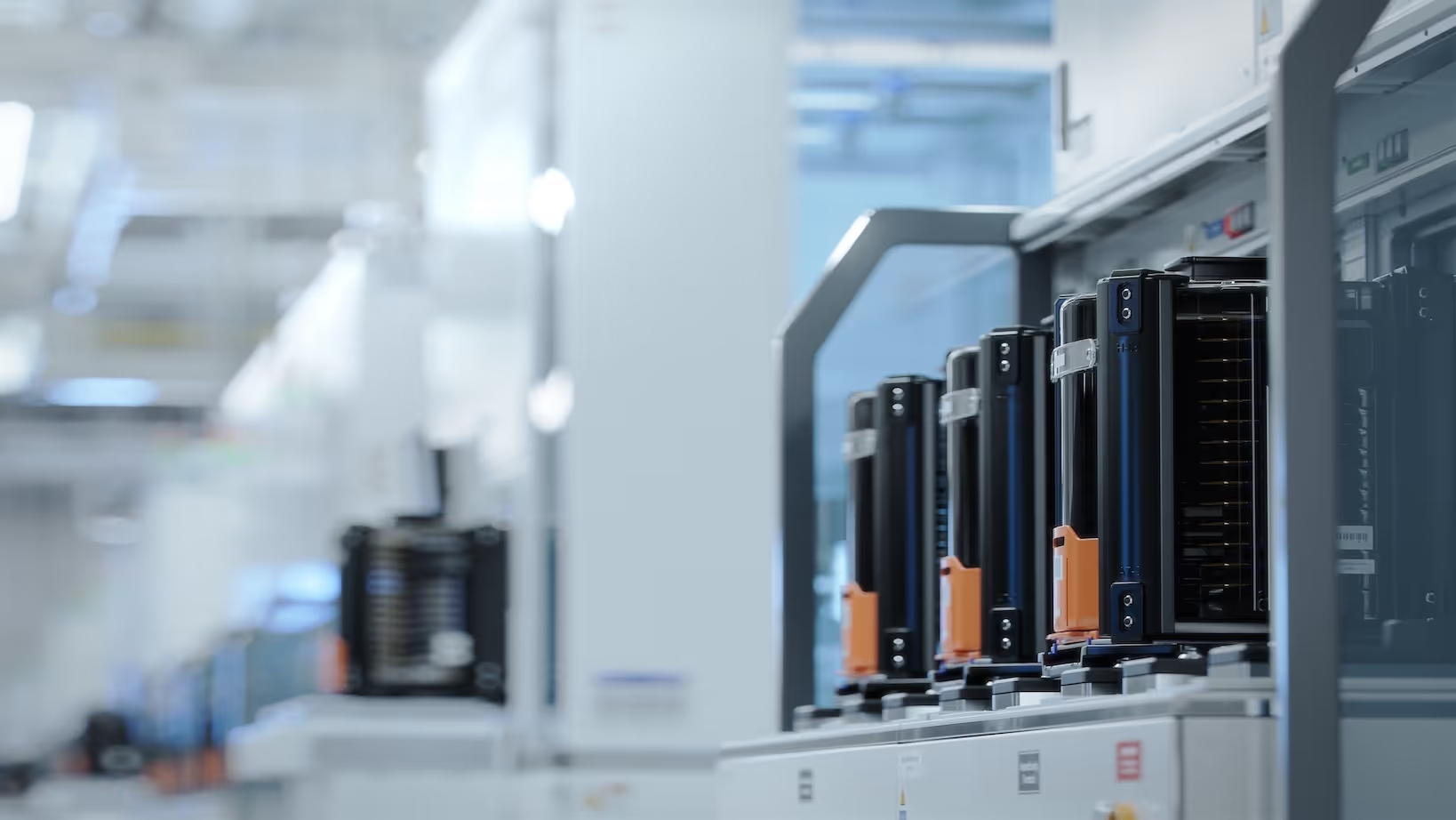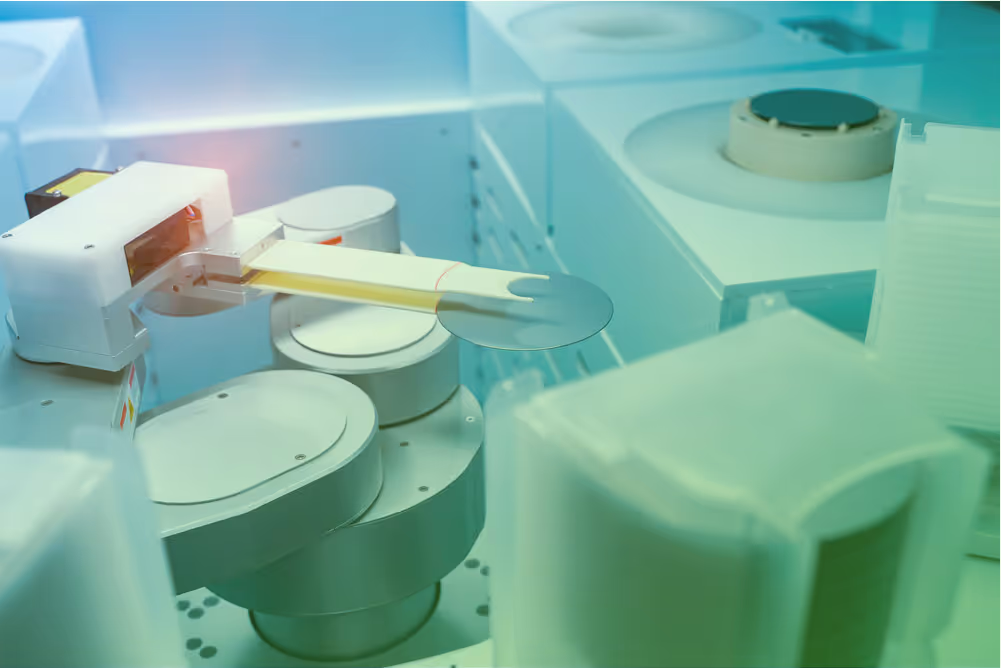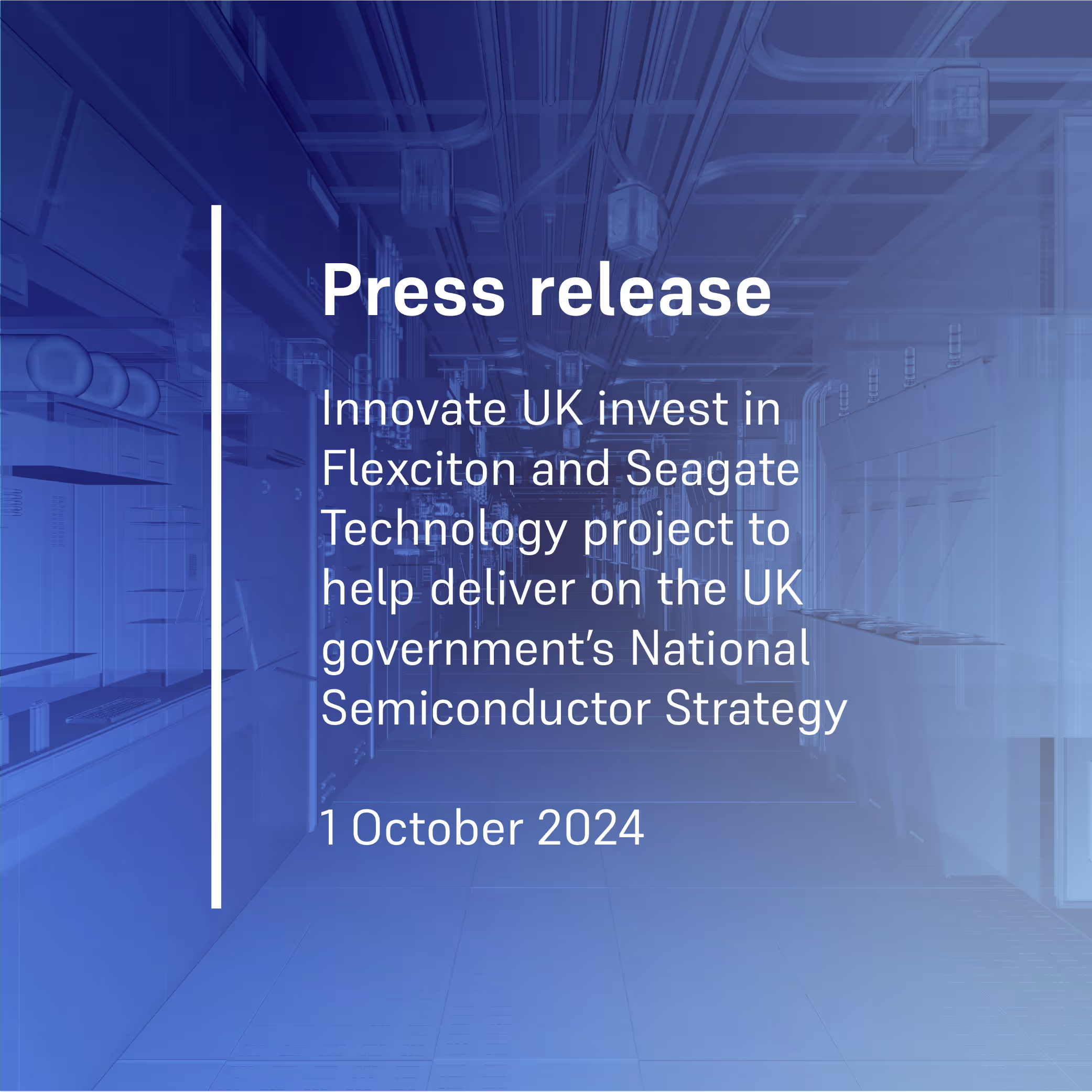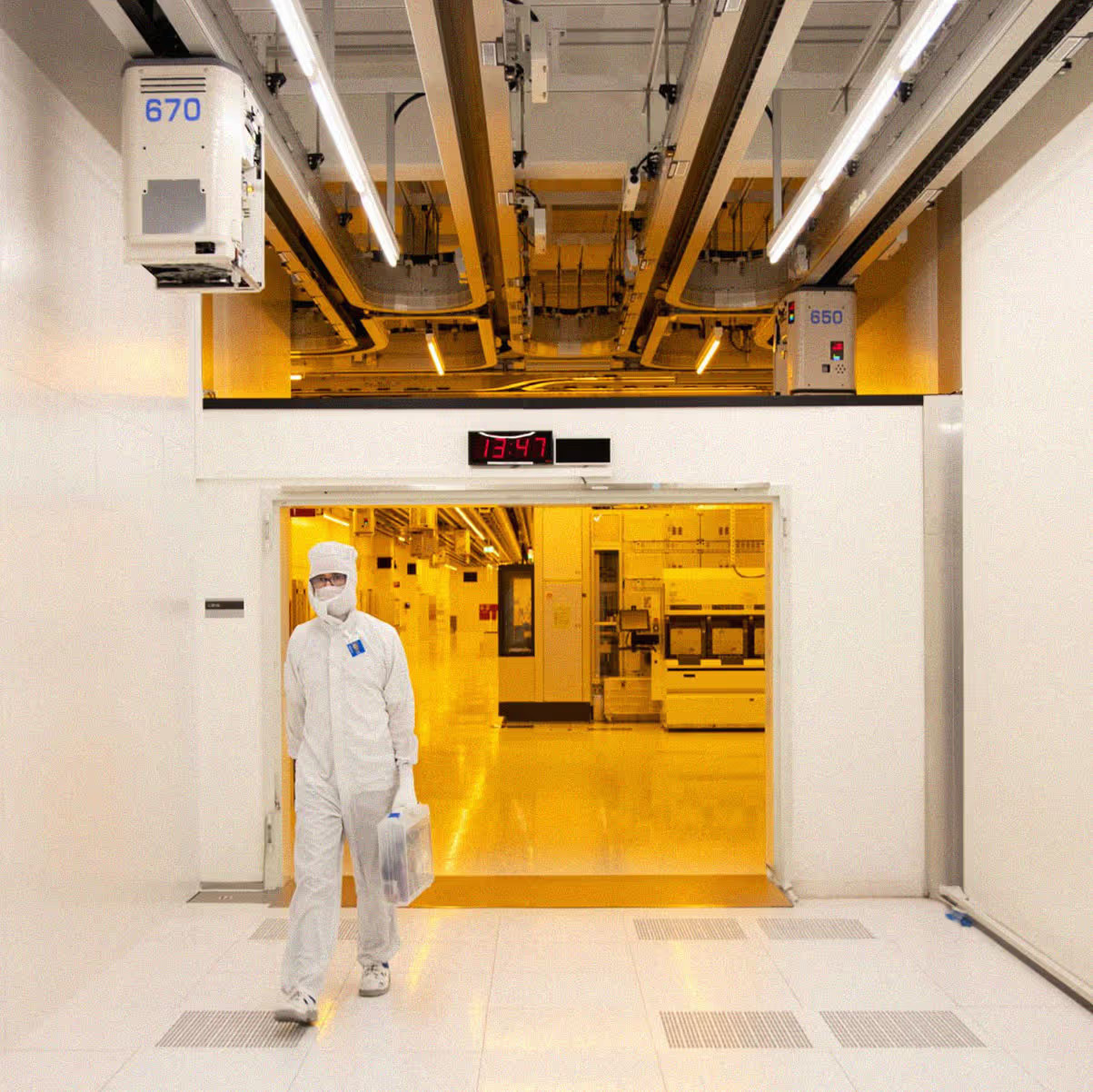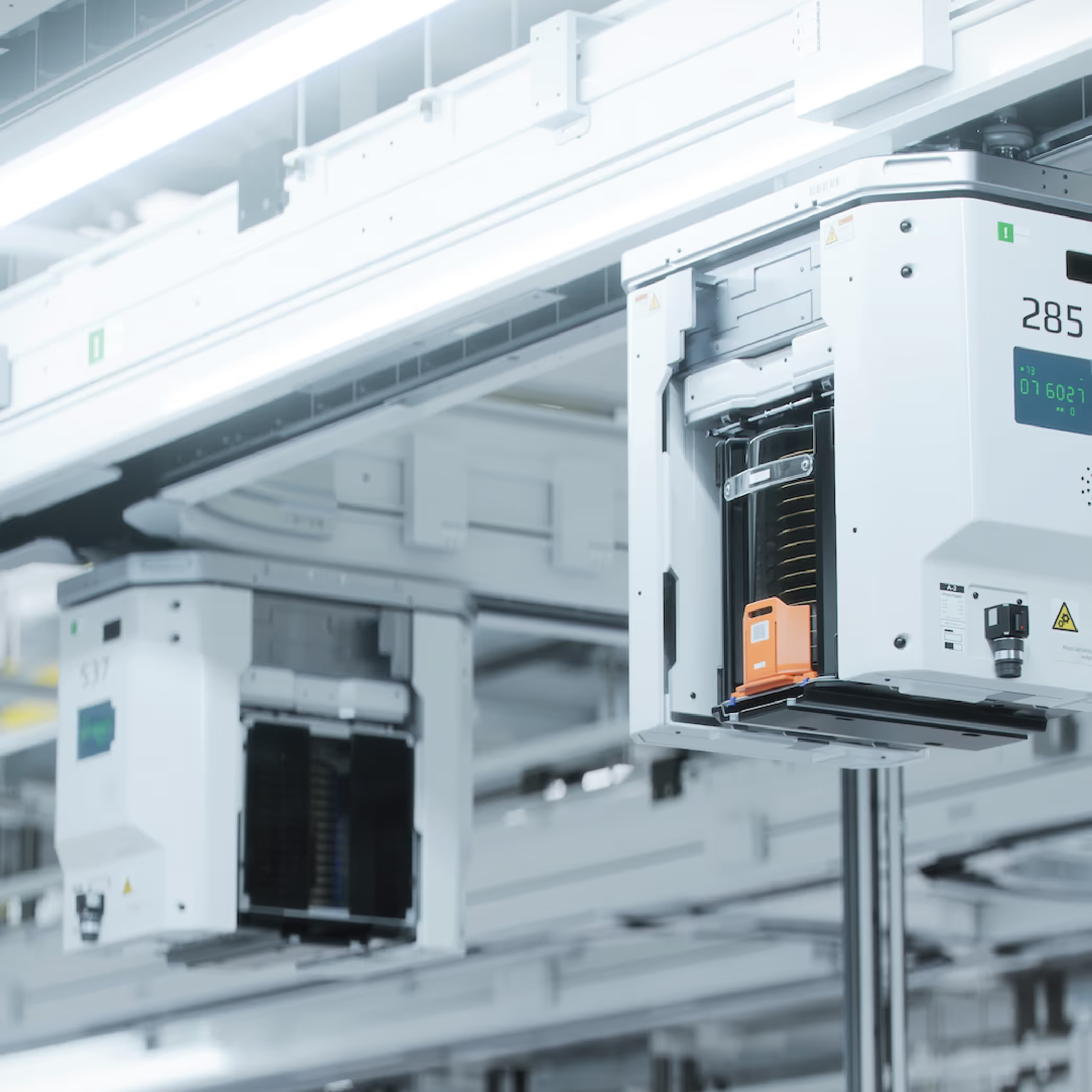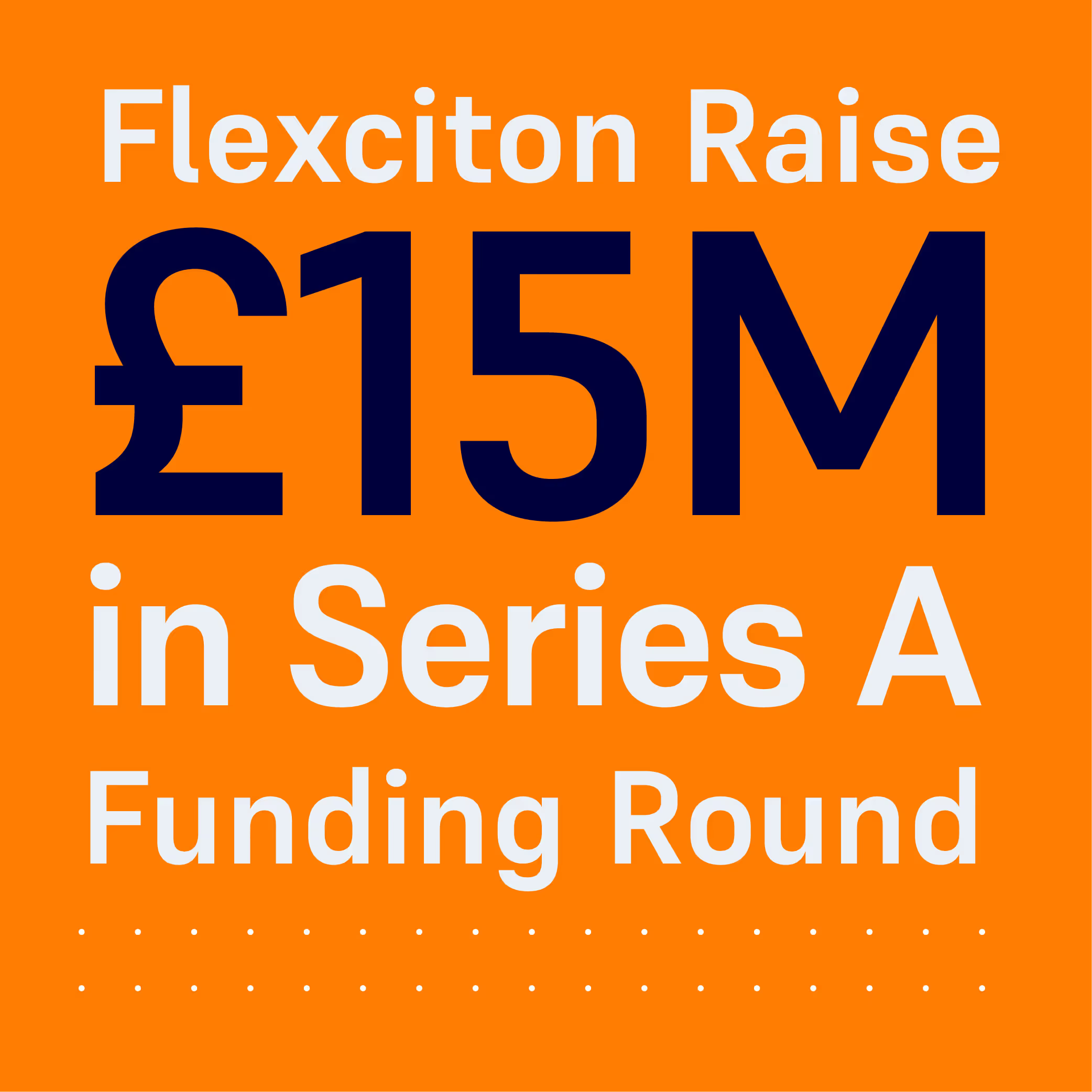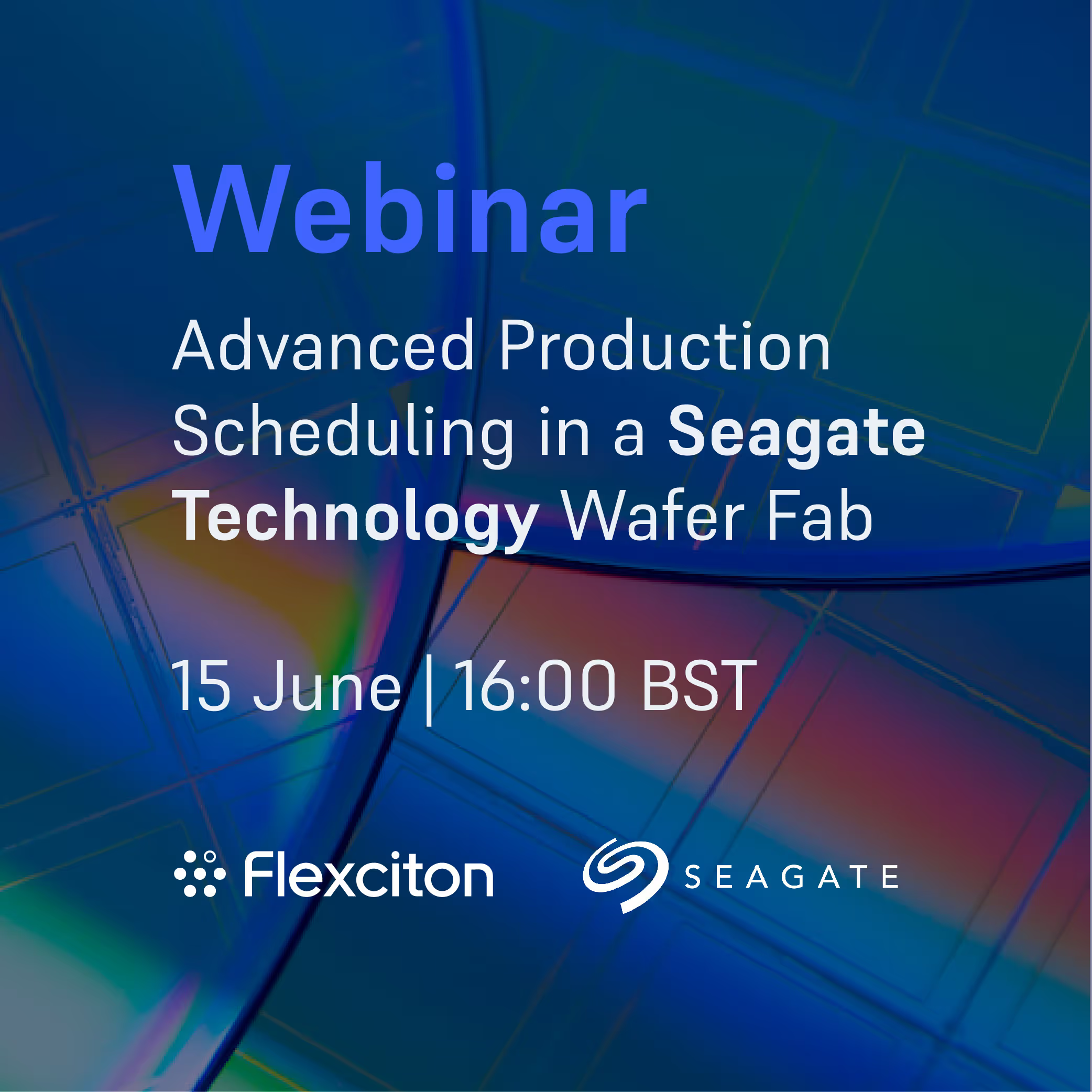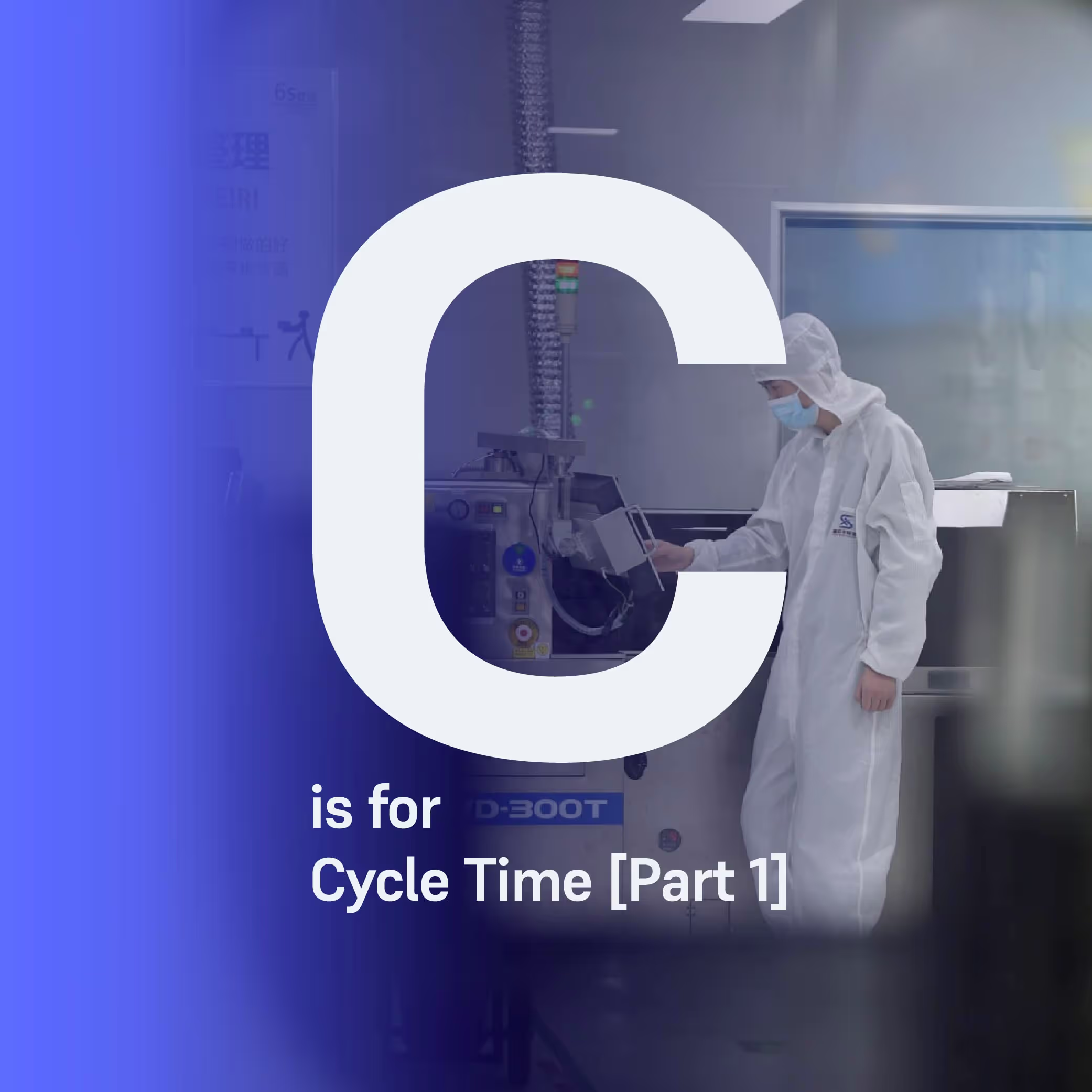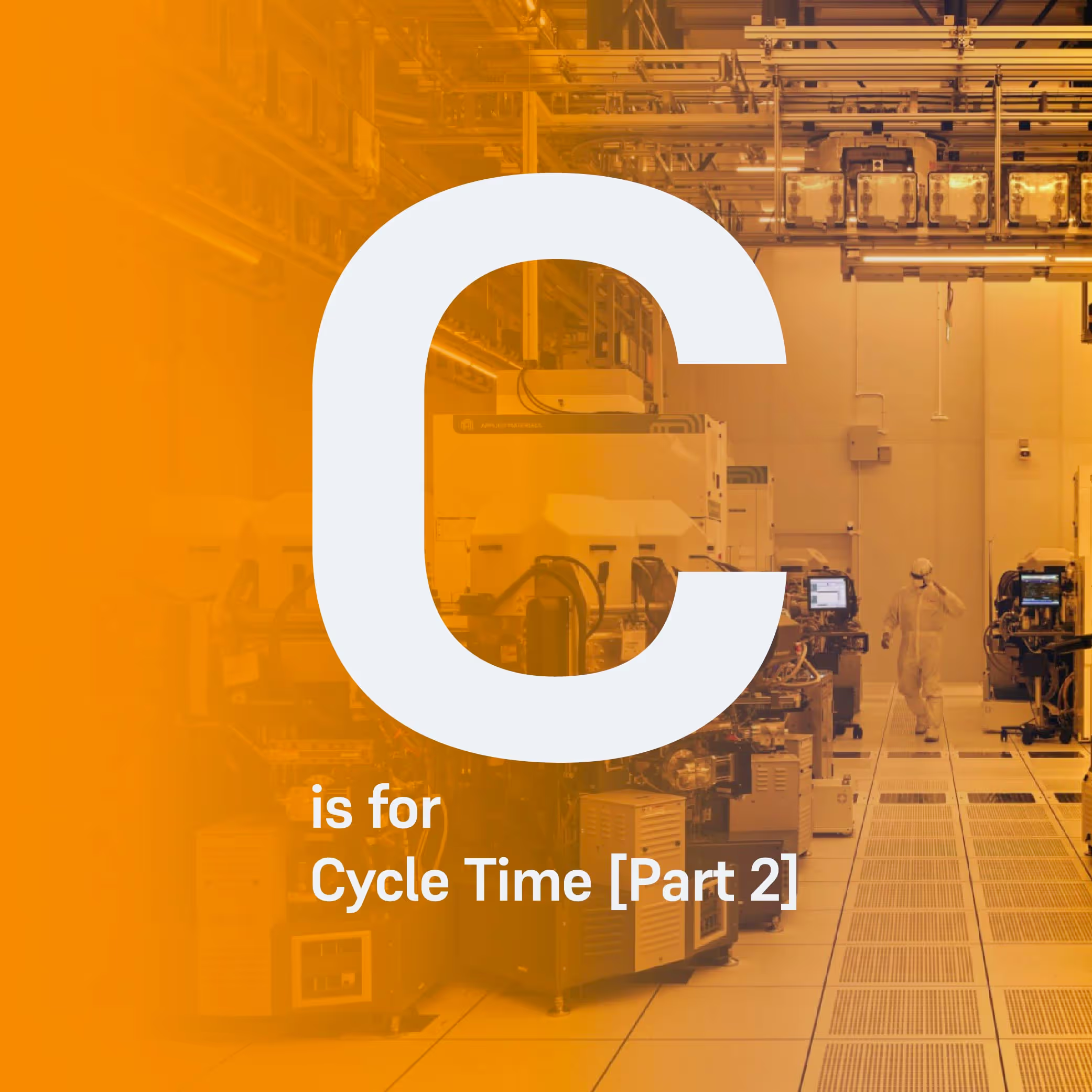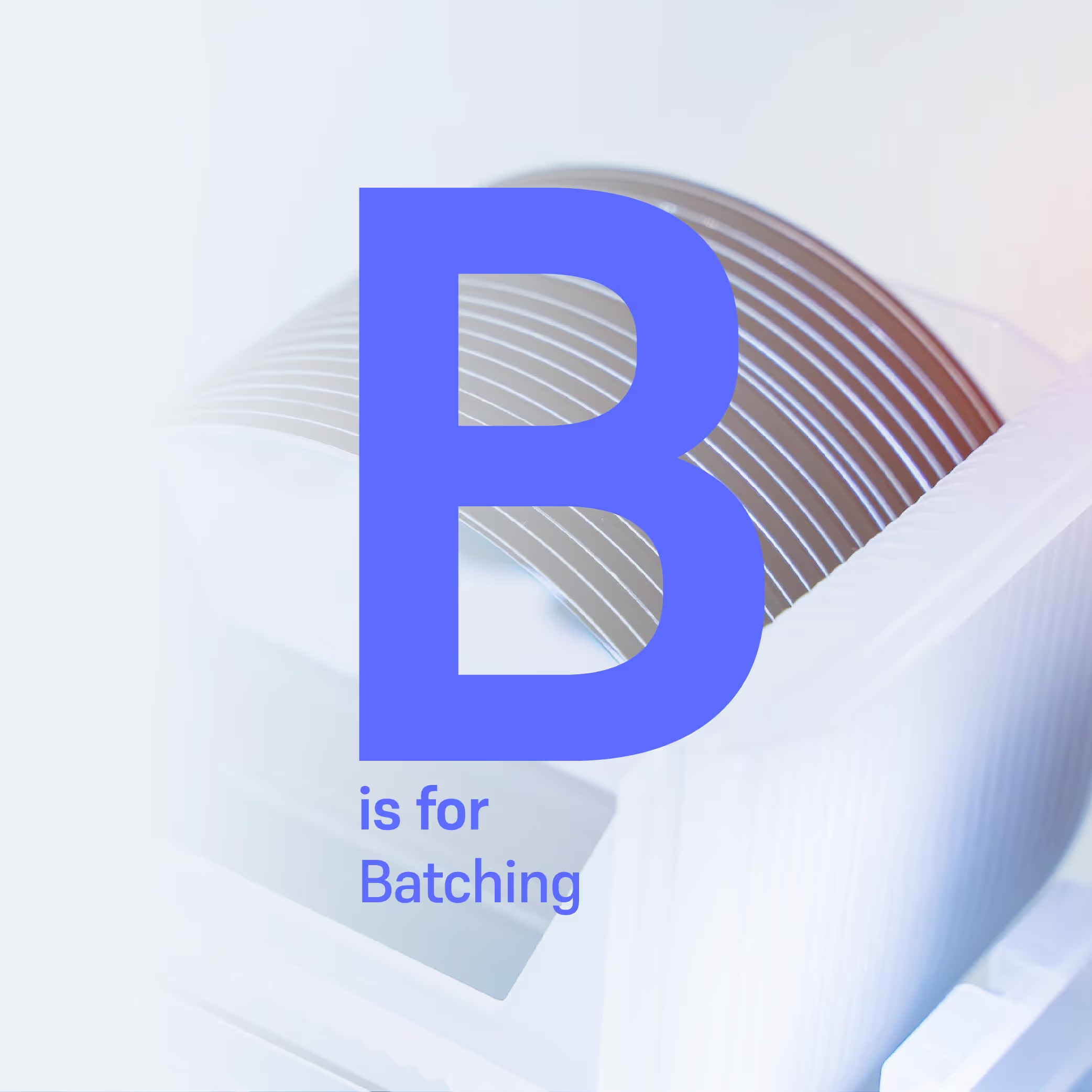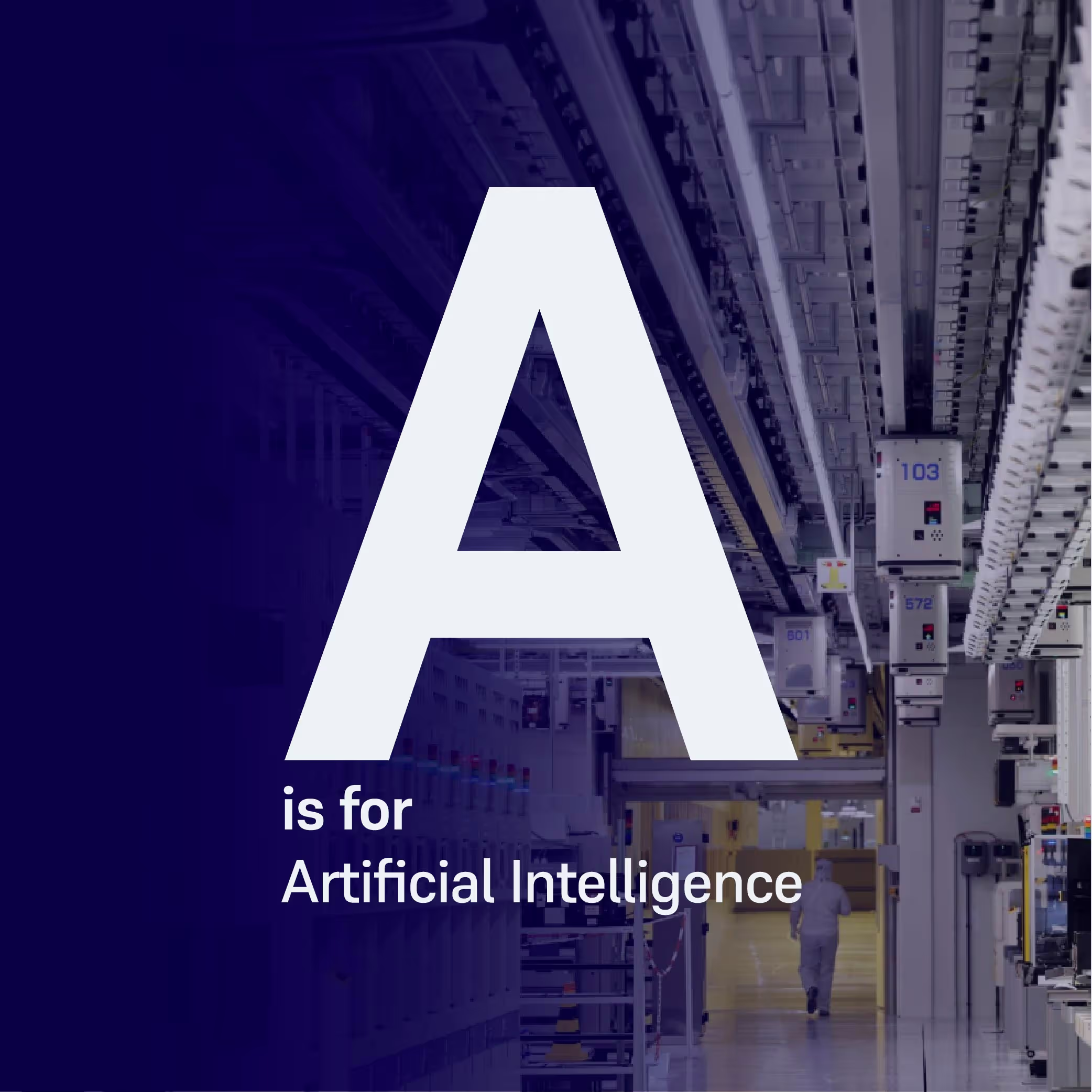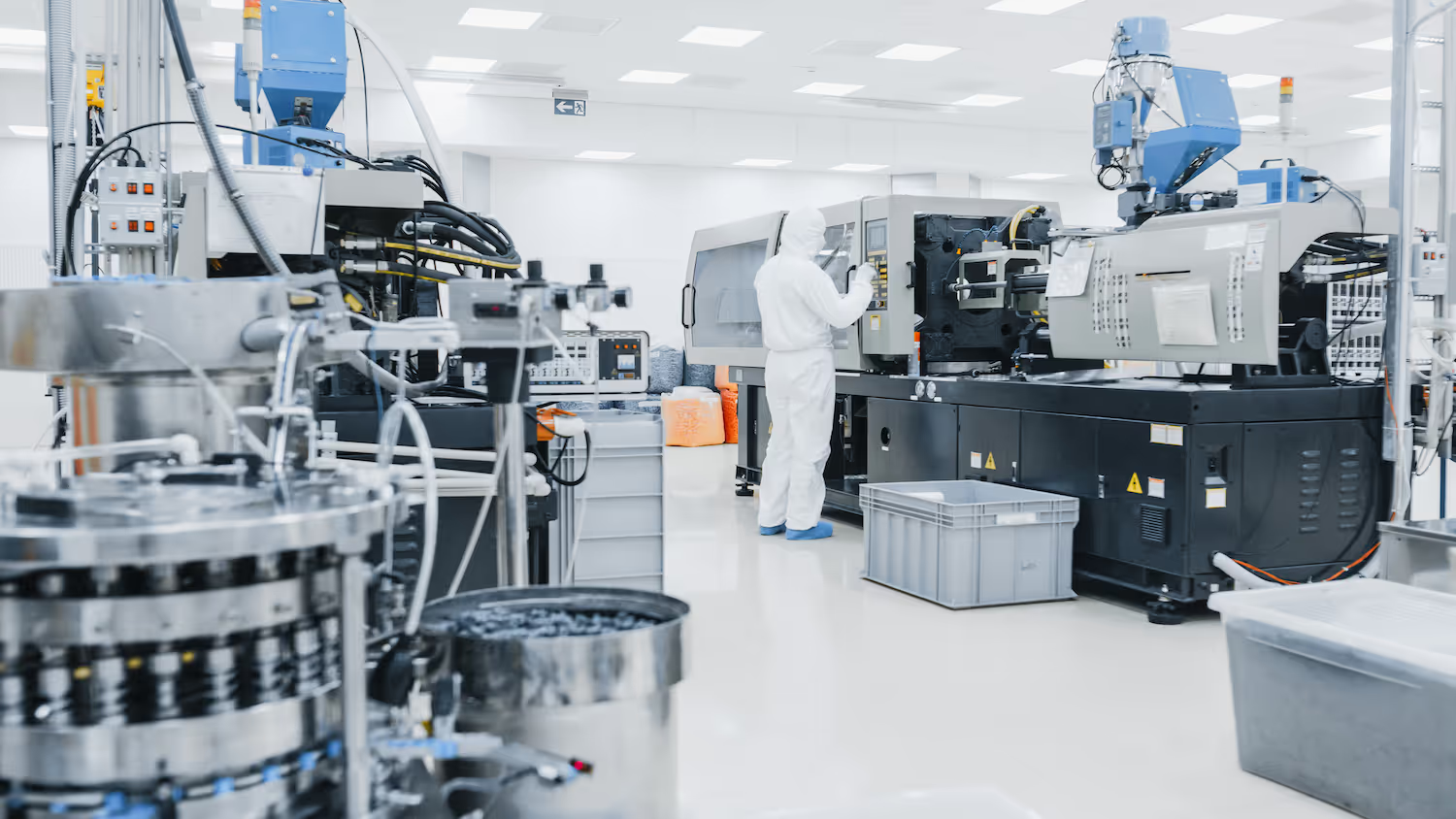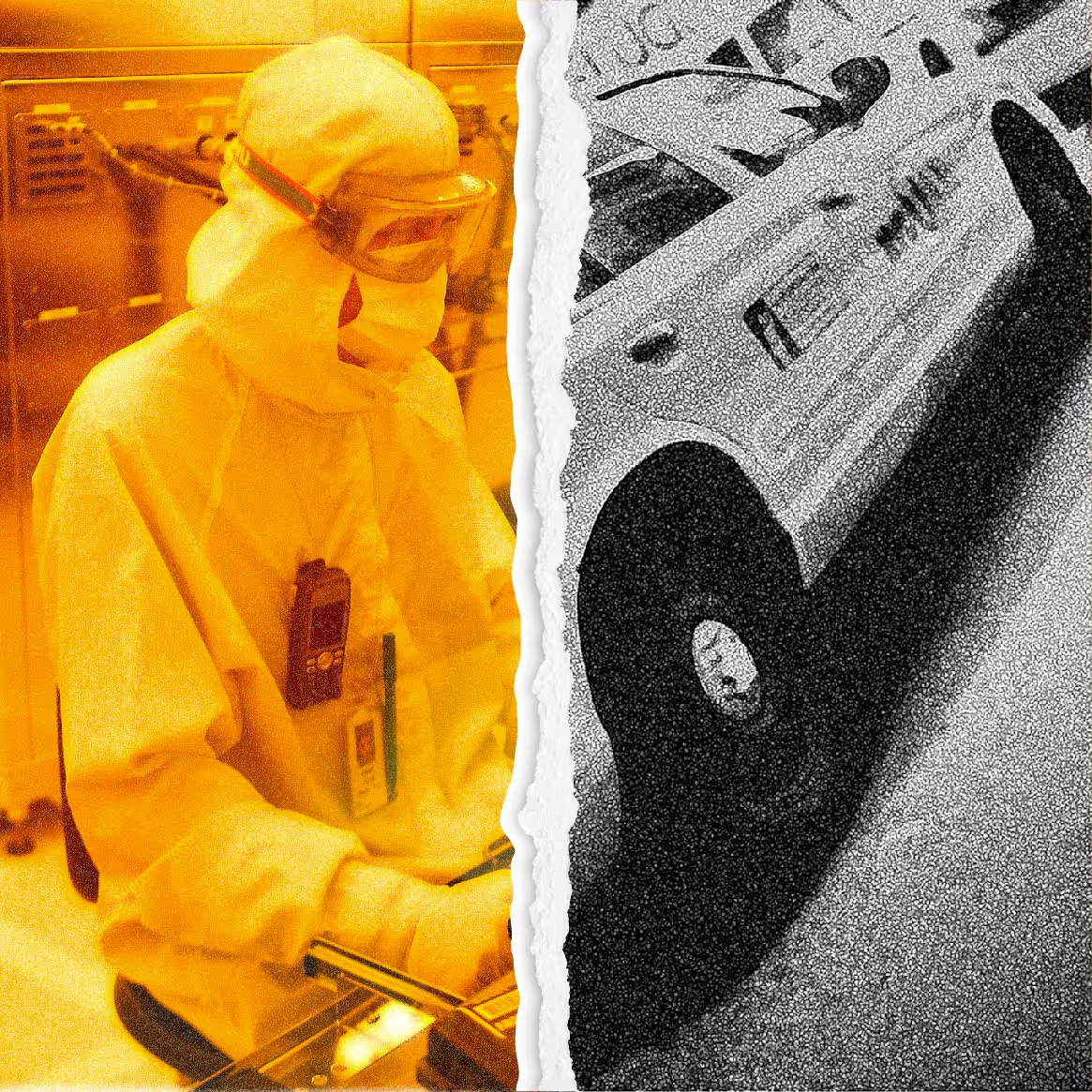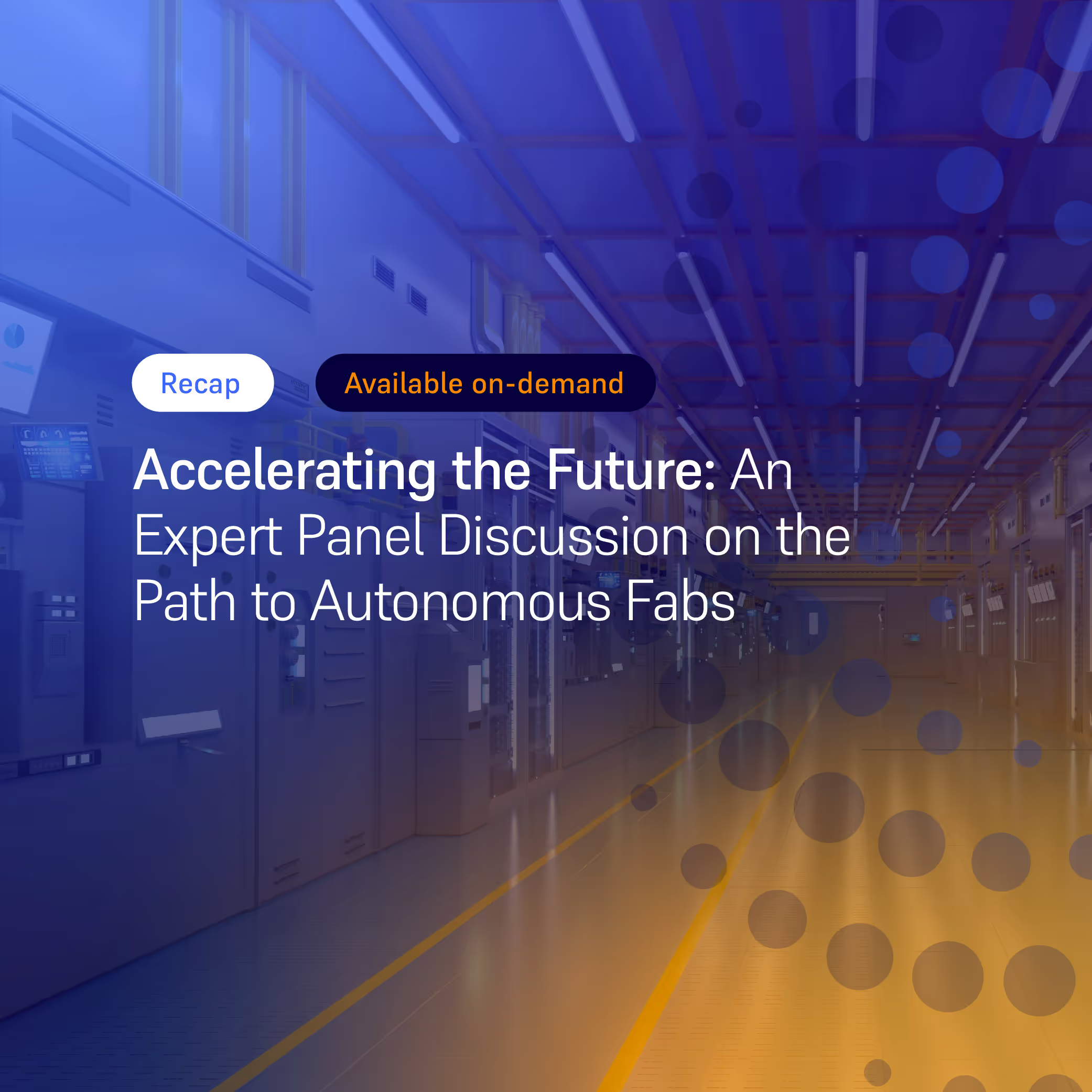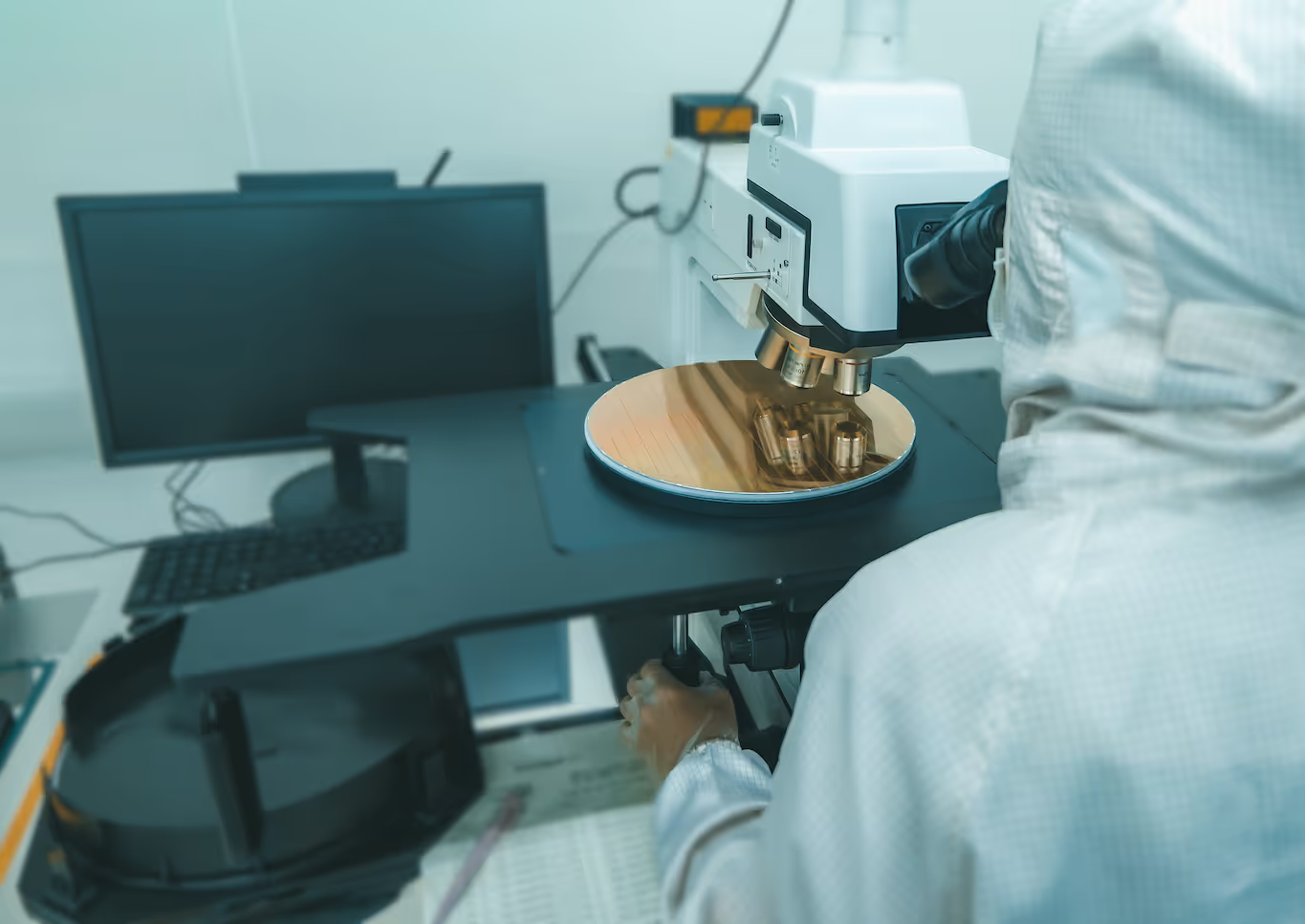Flexciton Cofounders Reflect on Their Five Year Journey
The past 12 months have been intensely positive, bringing new exciting projects and allowing the company to accelerate its growth. We took this opportunity and asked Flexciton's cofounders to reflect on their journey.

Flexciton celebrated its fifth anniversary on May 17th. The past 12 months have been intensely positive, bringing new exciting projects and allowing the company to accelerate its growth. We took this opportunity and asked Flexciton's cofounders to reflect on their journey by answering the following five questions, independently.
Where did you expect Flexciton to be in 5 years when you started it 5 years ago?
Jamie Potter, CEO & Cofounder: Not where it is today. I think when we set out 5 years ago, we knew we had a cutting-edge technology but we weren't sure where the best application was for it. The semiconductor industry is the most complex manufacturing process in existence and it needs sophisticated technology to solve its problems. The average consumer would have never guessed how incredibly difficult it is to manufacture the semiconductors which make up all of the electronics they use today. We were lucky that 12 months after founding the company we found such a great partner, Seagate Technologies, who we have partnered with to bring this technology to Semiconductors.
Dennis Xenos, CTO & Cofounder: I'd be lying if I said we had a crystal-clear vision of where we want the company to go in the first five years. However, we were well aware that we were developing a highly complex technology to address a particularly difficult manufacturing problem. We knew that it would take some time to see the results. Today, I am both grateful and excited that we now have a fully automated closed loop scheduling solution that runs the scheduling of the world's most complex manufacturing processes 24 hours a day, seven days a week, after five years! This would not have been possible without an incredible team of exceptional engineers and researchers who believed in and remained committed to the Flexciton vision to transform manufacturing from the start!
What would you do differently if you could go back in time?
Jamie: I would have built the solution from day one, the way it is now. It has taken us many years to develop our technology into the fully functional product that it is today. Along that journey, we attempted numerous things that didn't work. At the same time, this is to be expected; after all, that is the nature of R&D! I'm just incredibly proud that our team was able to bring this disruptive technology to market after more than ten years of academic research and five years of commercialisation.
Dennis: I wouldn't change a thing; it's been an incredible journey so far. I believe that where we are now is the result of all of the decisions, actions, and lessons we have learned along the way.
What’s been most surprising about the journey so far?
Jamie: The complexity of the problem we solve is so much more complex than we first imagined. The reality is that we set out to bring technology that had only been written about in academic papers through to industry. We realised quickly how there was still such a big gap between academia and the real world. This is why it has taken years of work by an incredibly talented team to bring this through to market.
Dennis: That Jamie and I had not lost any of the excitement and determination we had when we first started the company. The difficult times have toughened us, and the good times have strengthened our confidence that what we do is not just what we believe in but it's something the industry needs.
Flexciton smart technology is versatile and can be used to plan production in any manufacturing industry. Why did you decide to specialise solely in semiconductor wafer fabrication?
Jamie: The complexity of wafer fabrication is just staggering. In most factories you put raw materials through a few machines and the end product is created. In semiconductor wafer fabrication, you may need to put the raw material through 1000 machines. The complexity of the manufacturing process is exponentially higher than you find in almost any industry. What we do here at Flexciton is the state-of-the-art and the most complex manufacturing industry in existence is the best application of such technology.
Dennis: Semiconductor manufacturing is one of the most exciting industries. Making the end product is hard; it involves thousands of steps and equally many resources. The wafer fab is a fast-paced environment, and over time, the manufacturing process becomes more complex, introducing more complicated operational constraints. Compared to other manufacturing types with even hundreds of production lines, our optimization-based scheduling technology can add significantly more value to the semiconductor industry. Furthermore, the advancement of manufacturing automation in wafer fabs makes the implementation and execution of our technology a much better fit.
What is your vision for the next 5 years?
Jamie: Our vision for the next 5 years is to bring Flexciton technology to semiconductor wafer fabs across the world to enable them to manufacture the next generation of products which make up the basis of all electronics. The complexity of semiconductor manufacturing is increasing all the time and many manufacturers struggle to manufacture the latest products at scale. We exist to solve that problem.
Dennis: In the next five years, I want us to bring Flexciton technology to as many wafer fabs as possible. Our technology provides a solution to the industry's existing problem, allowing fabs to increase throughput from existing equipment, efficiently manage production cycle time to ensure orders are delivered on time. I believe, Flexciton will be the ultimate scheduling technology to enable semiconductor fabs to run their production at a new efficiency level.
If you would like to ask Jamie or Dennis a question of your own, just use our contact form.
More resources
Stay up to date with our latest publications.
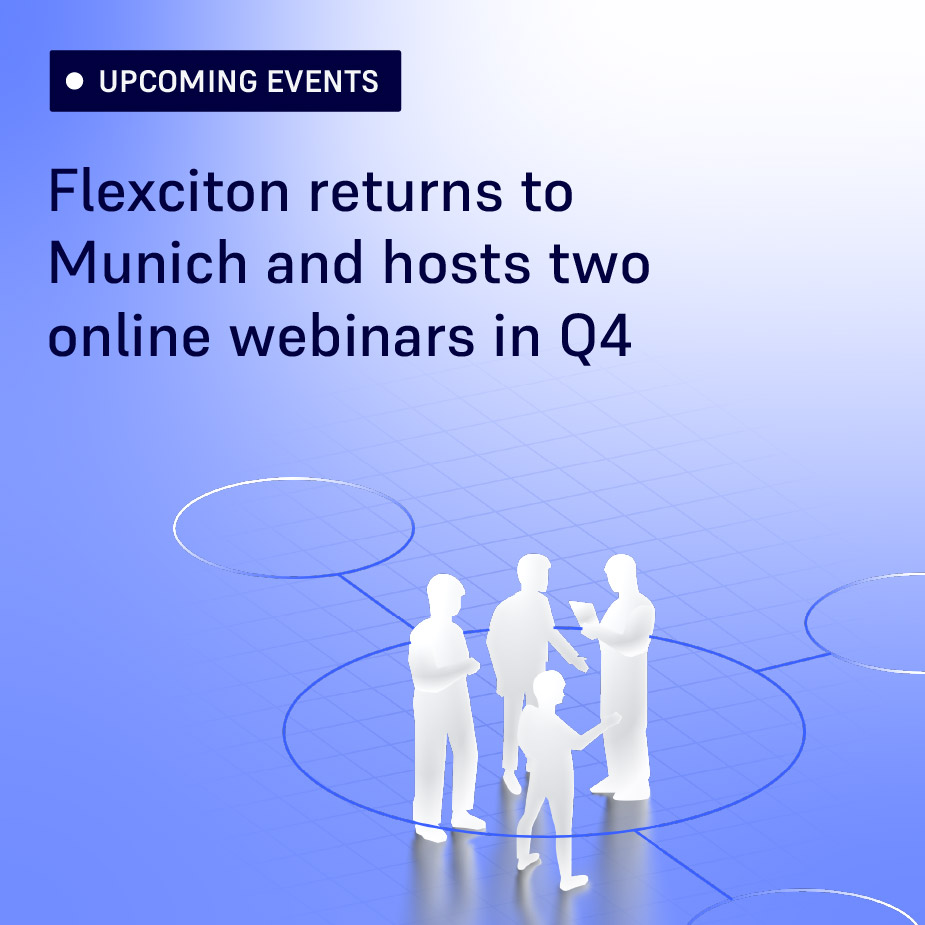
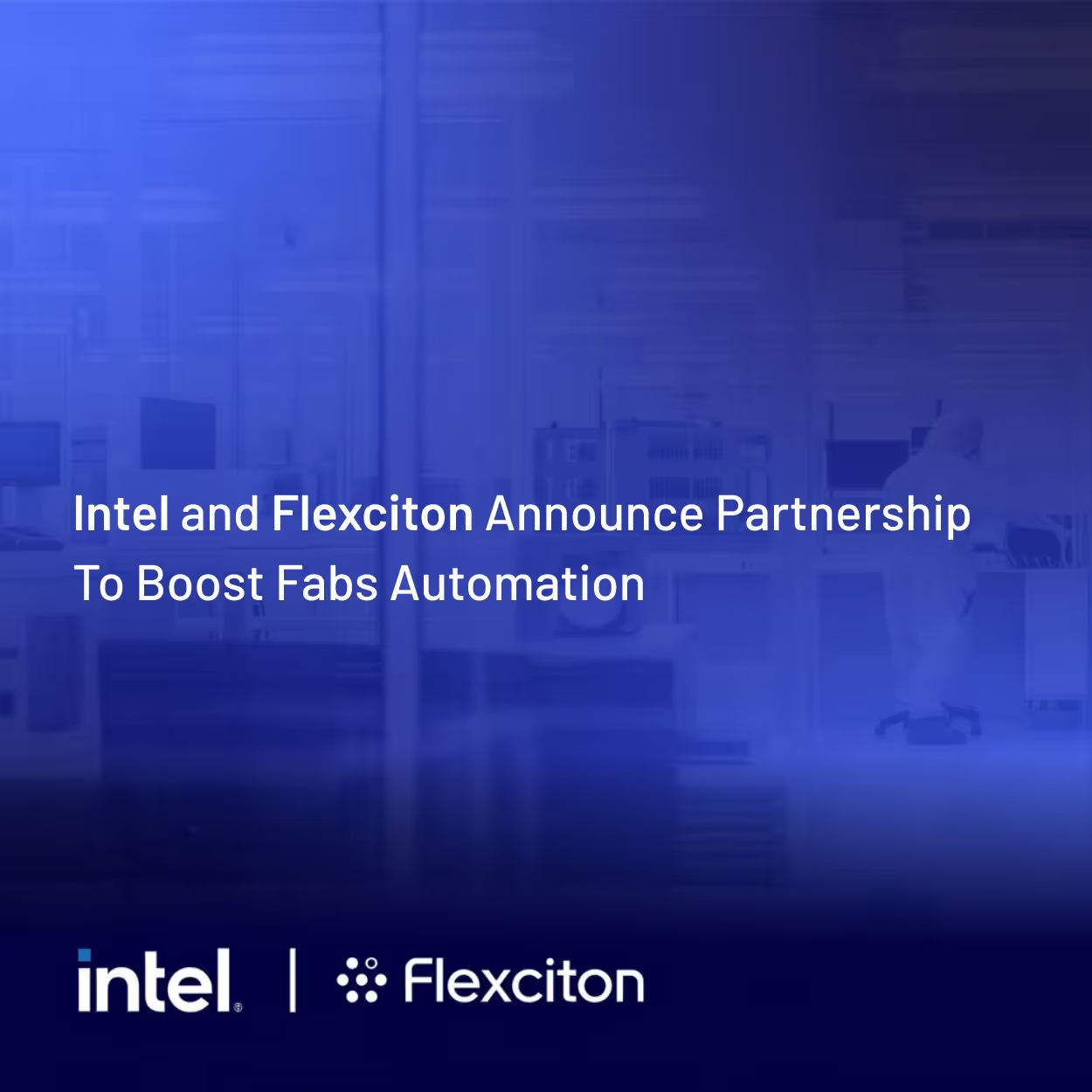



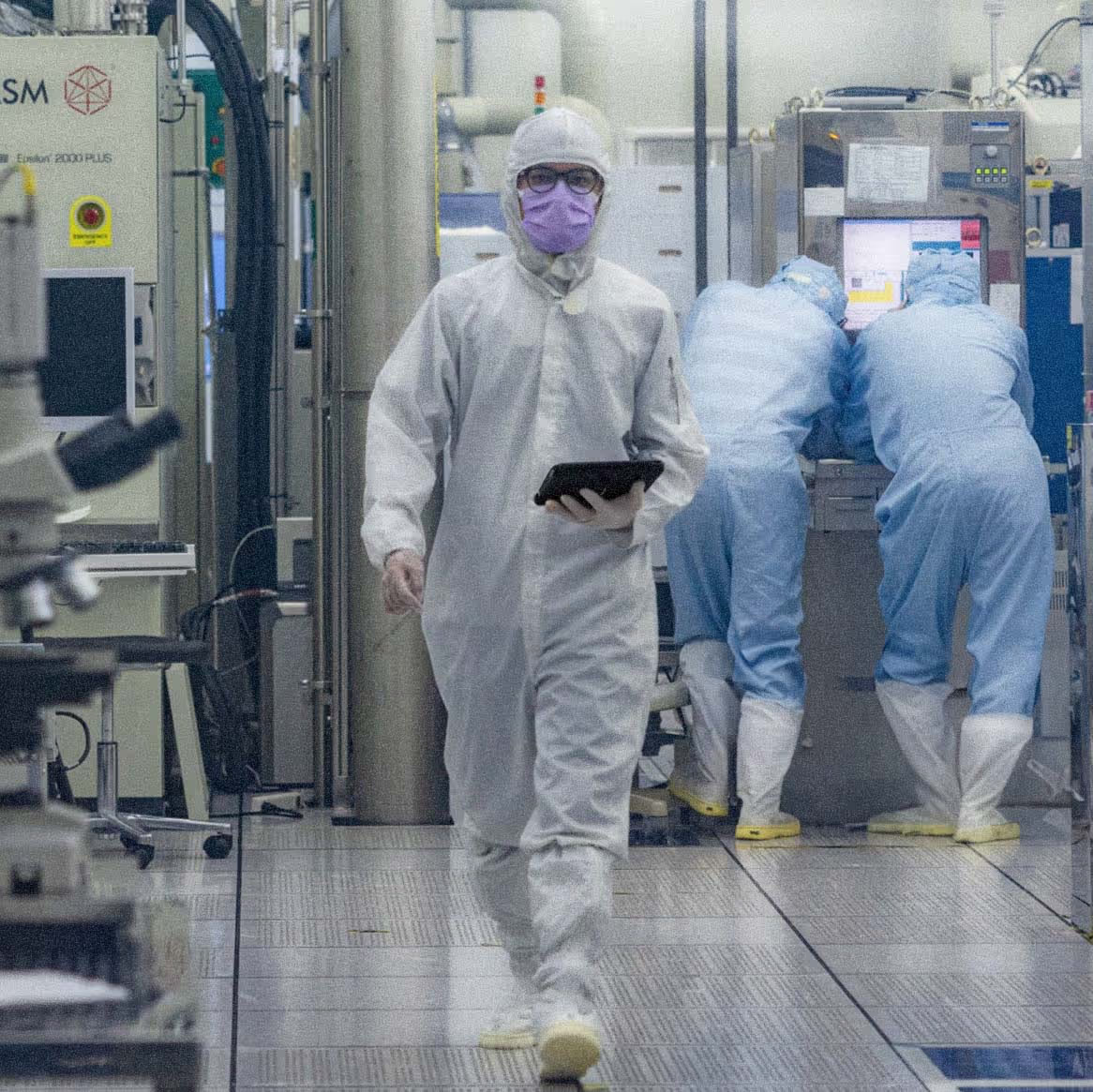
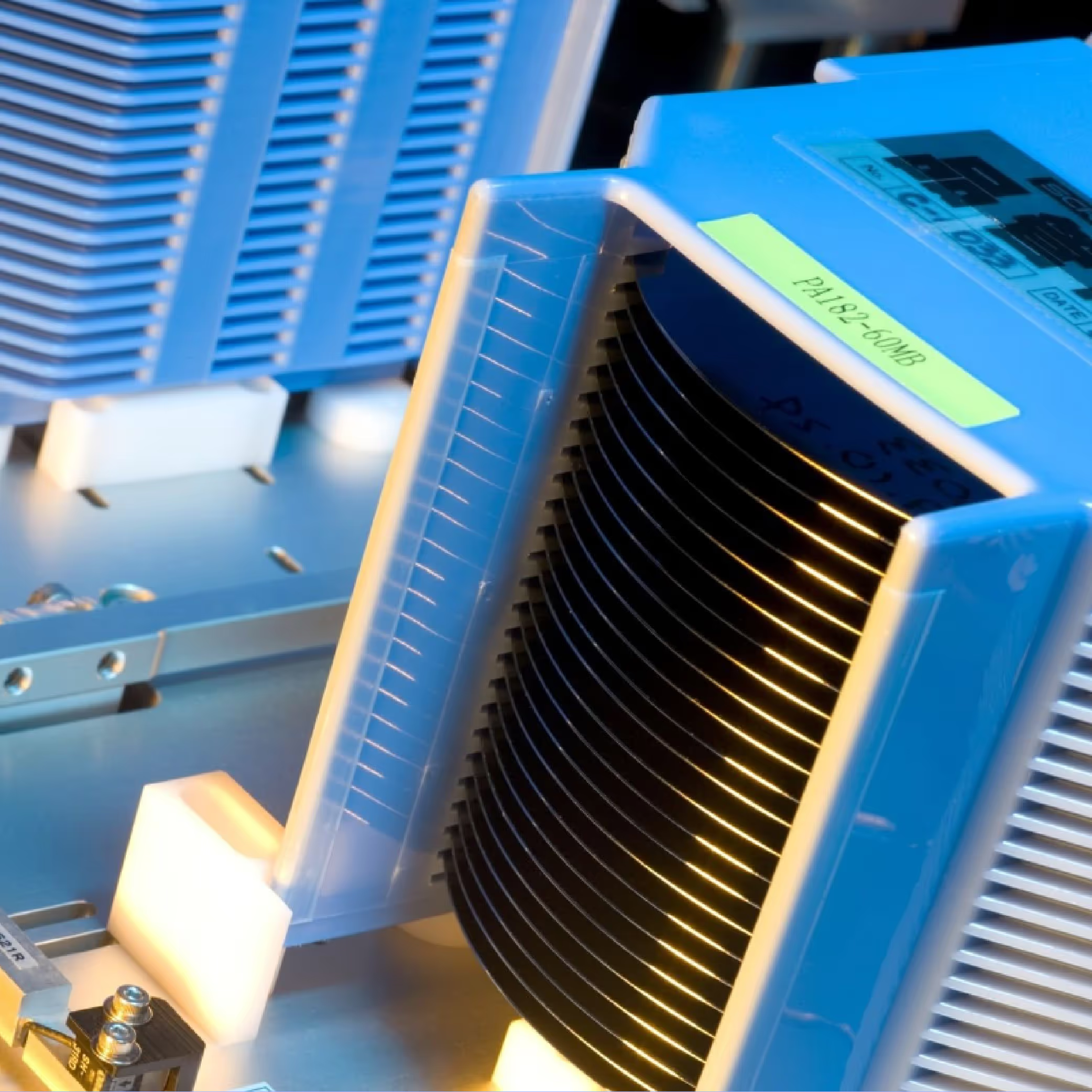
.avif)
.avif)
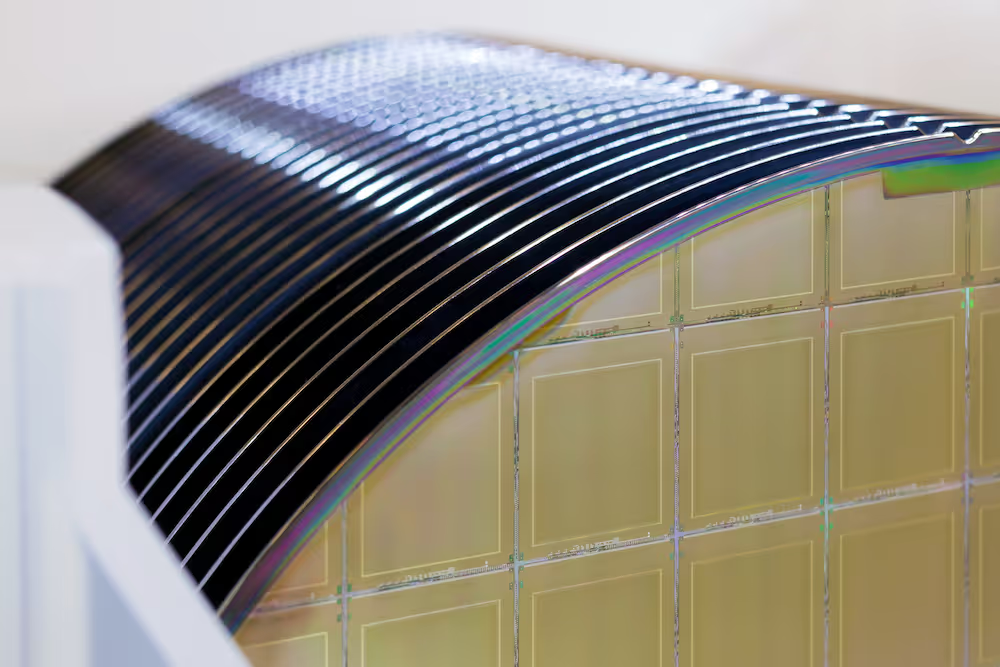


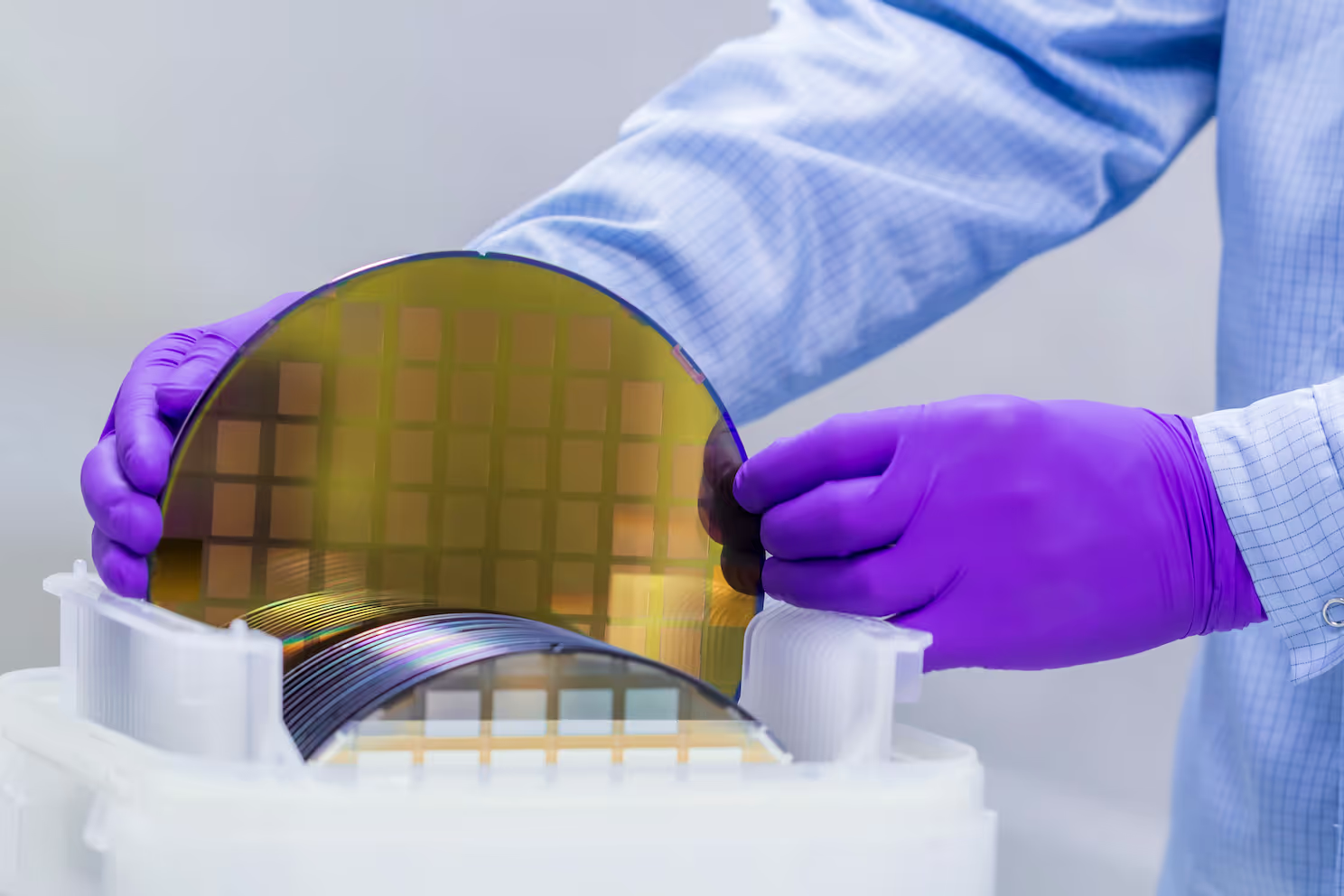
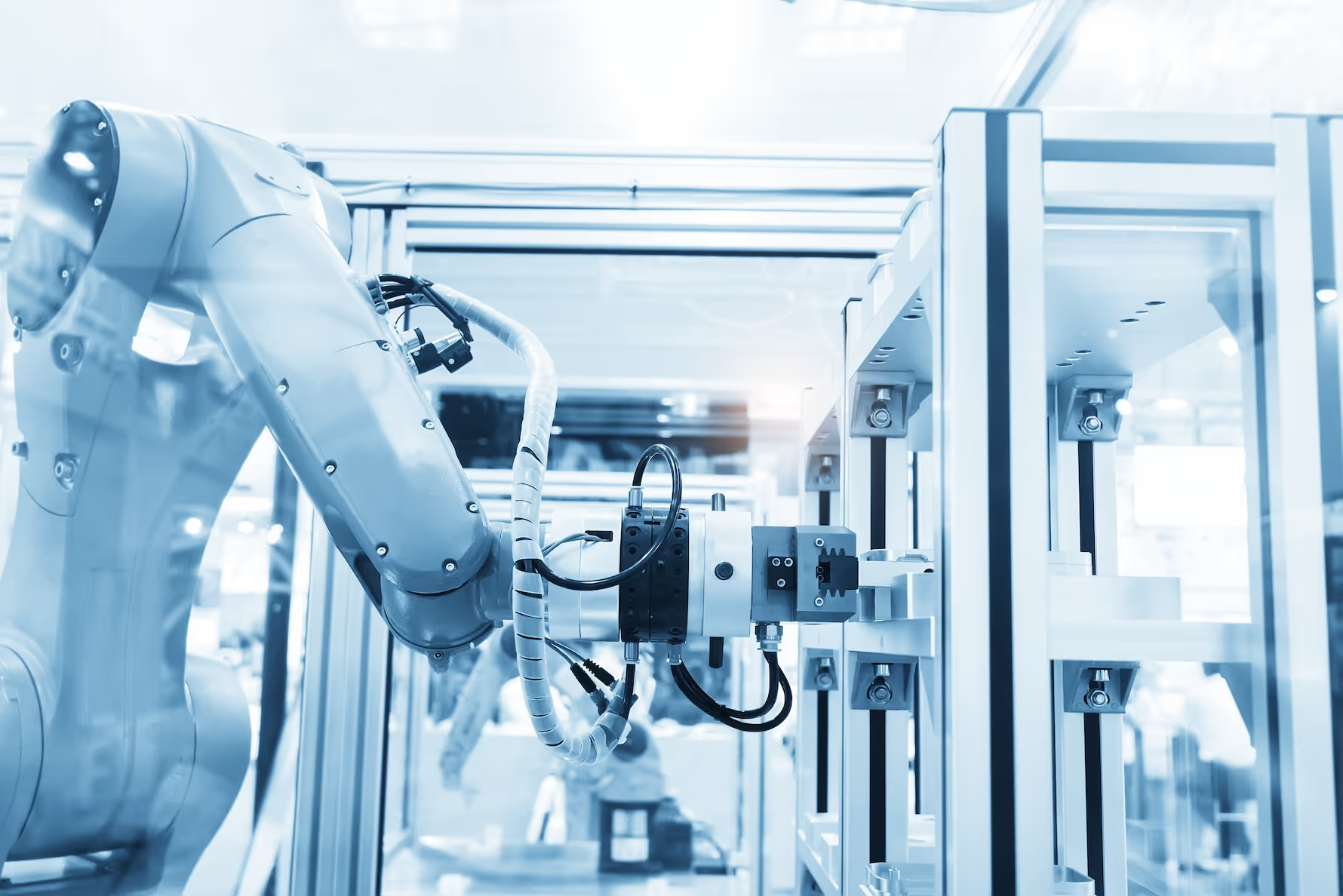











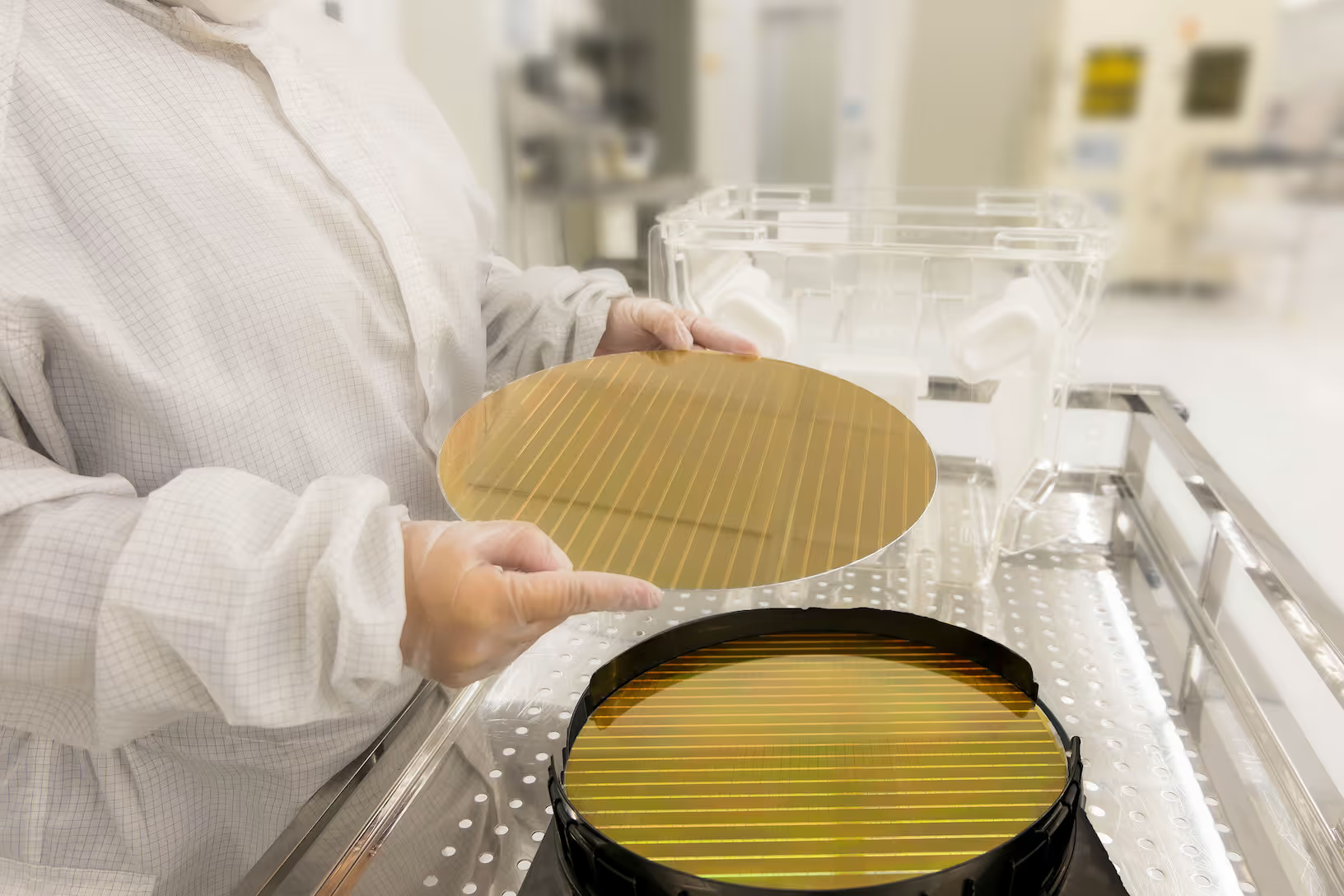

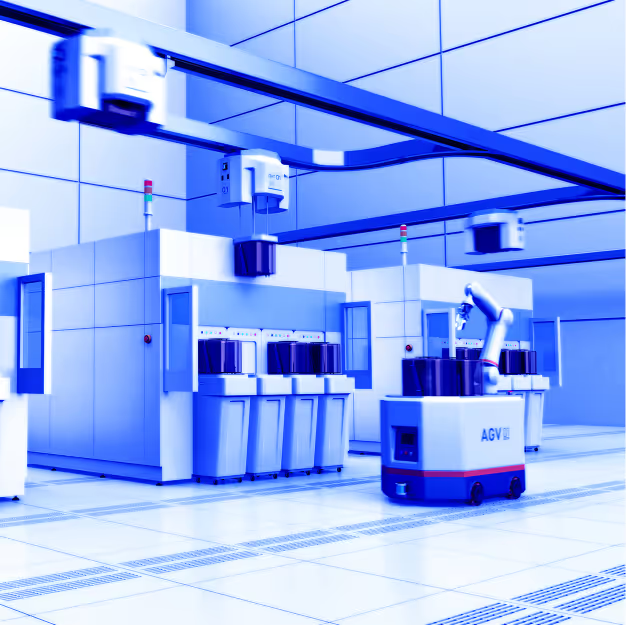
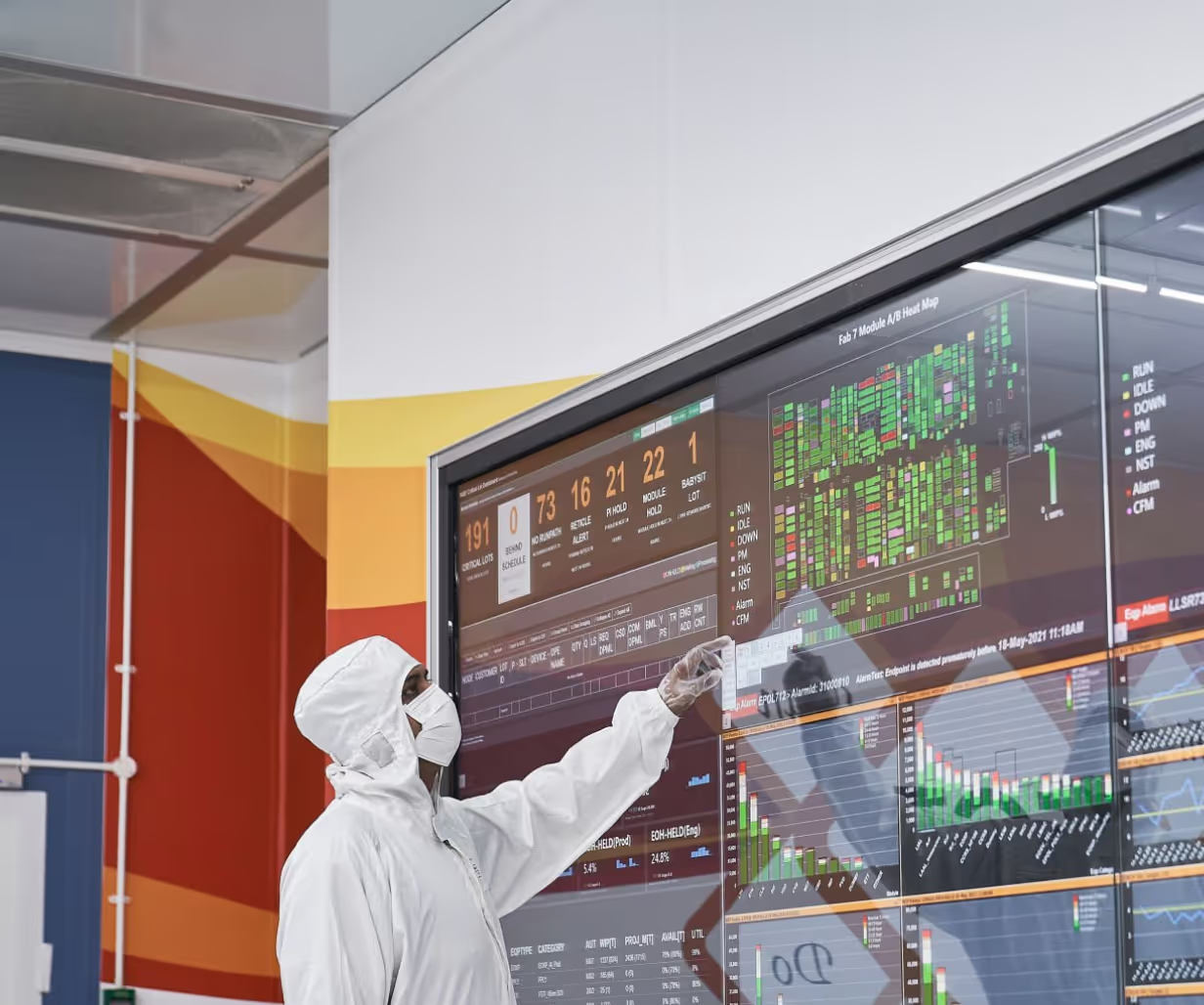


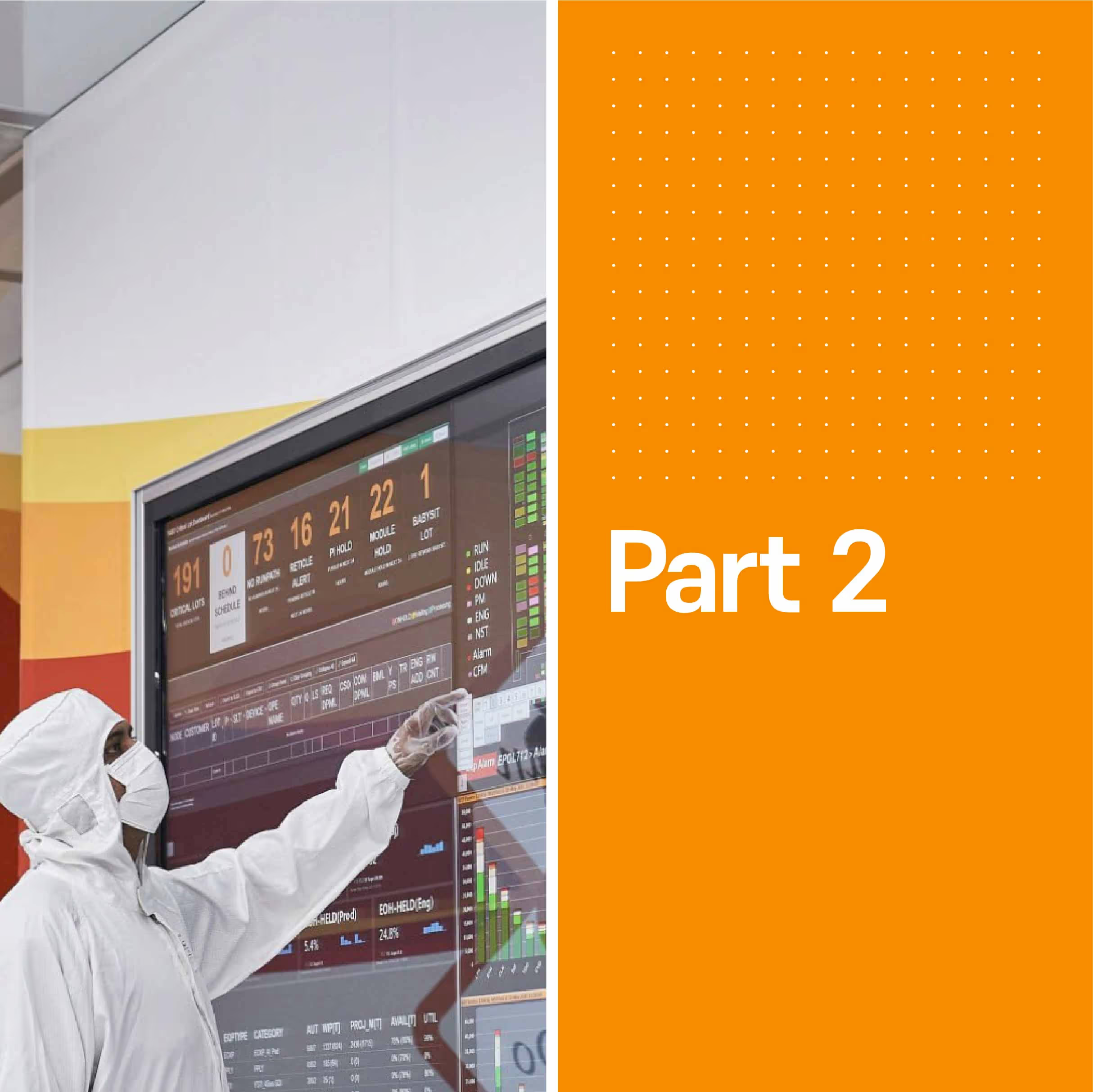

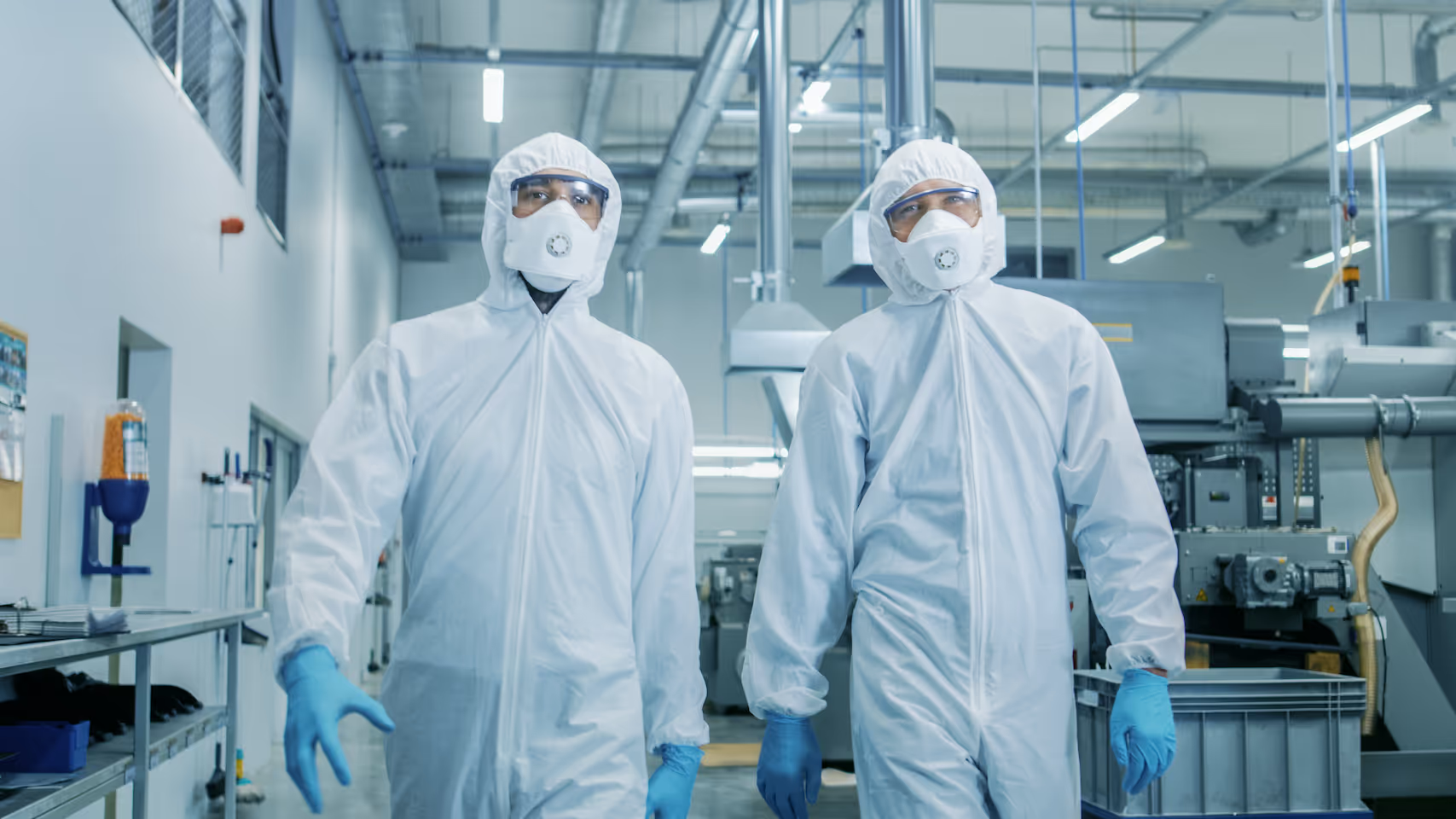

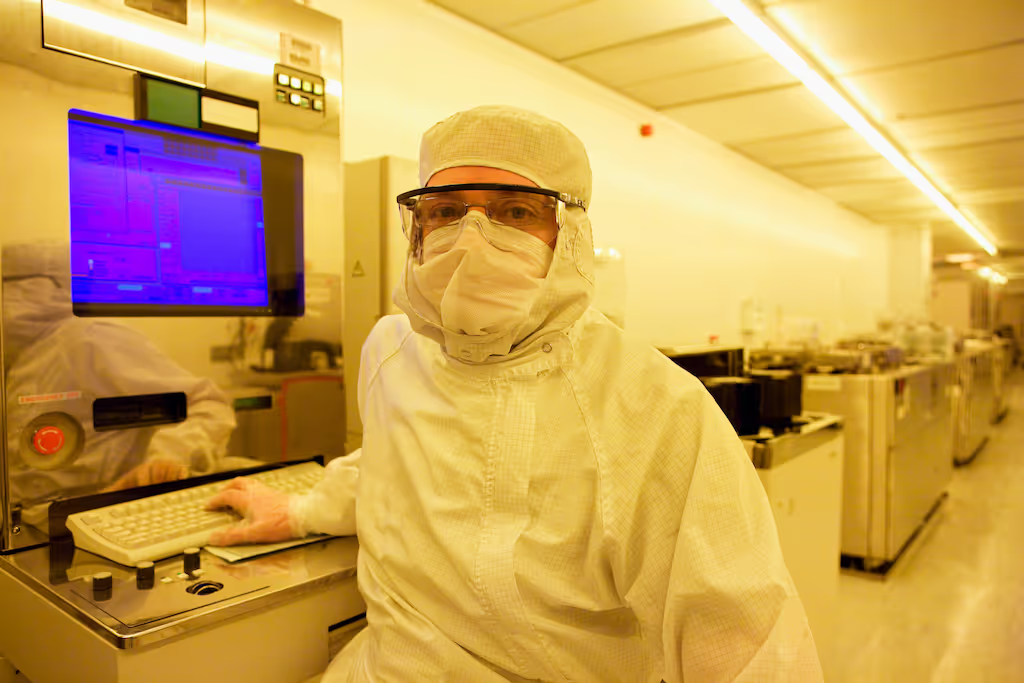
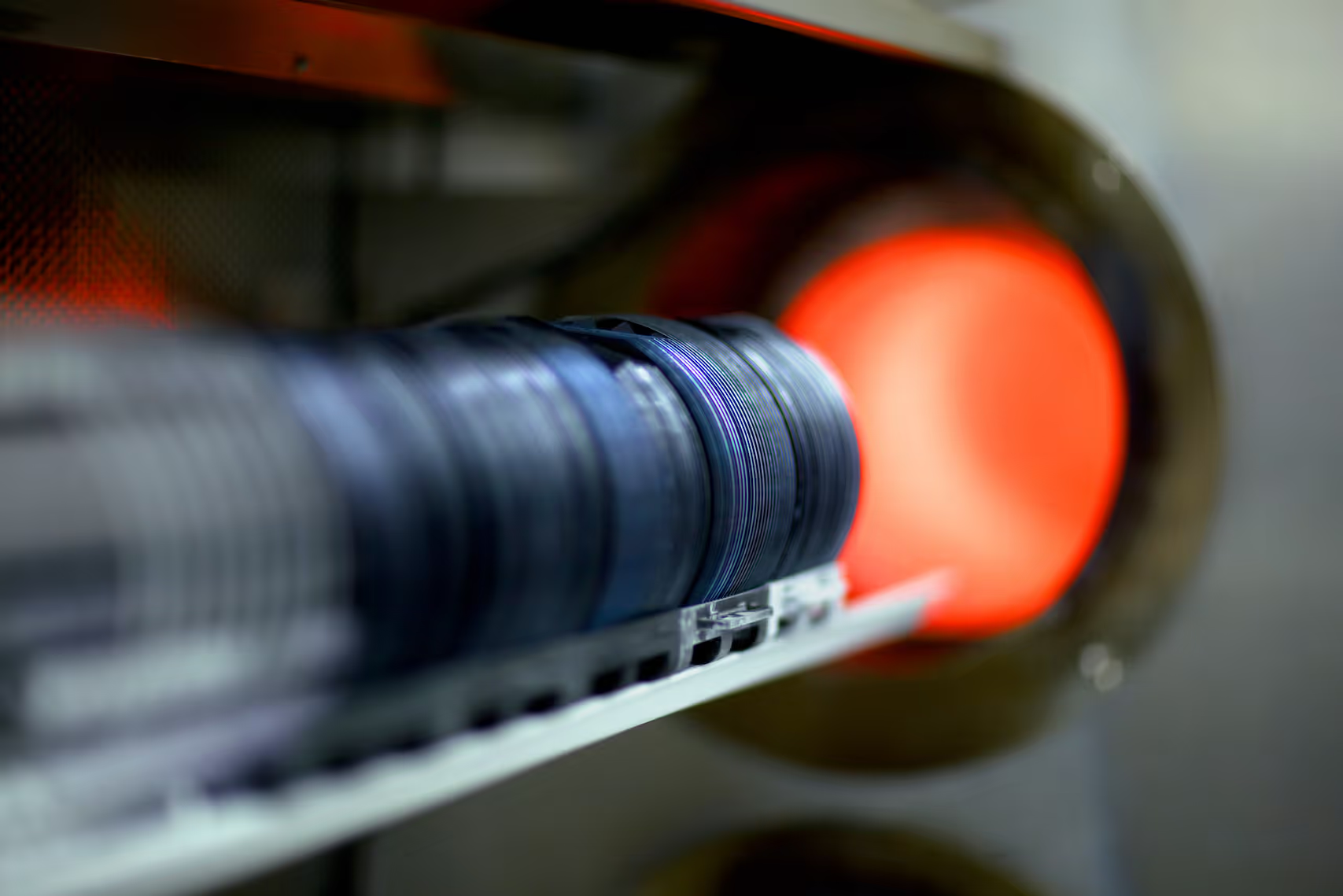
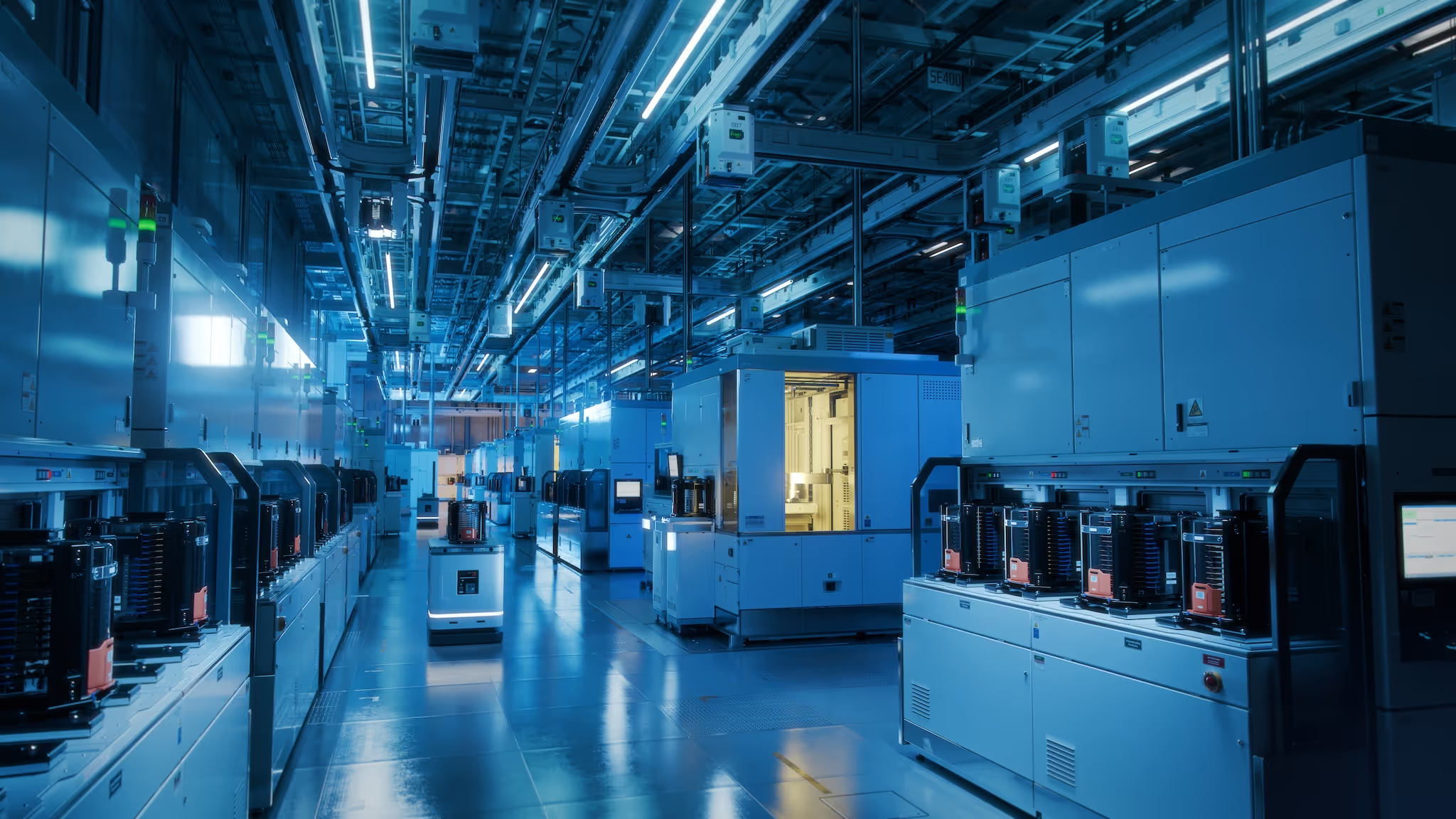

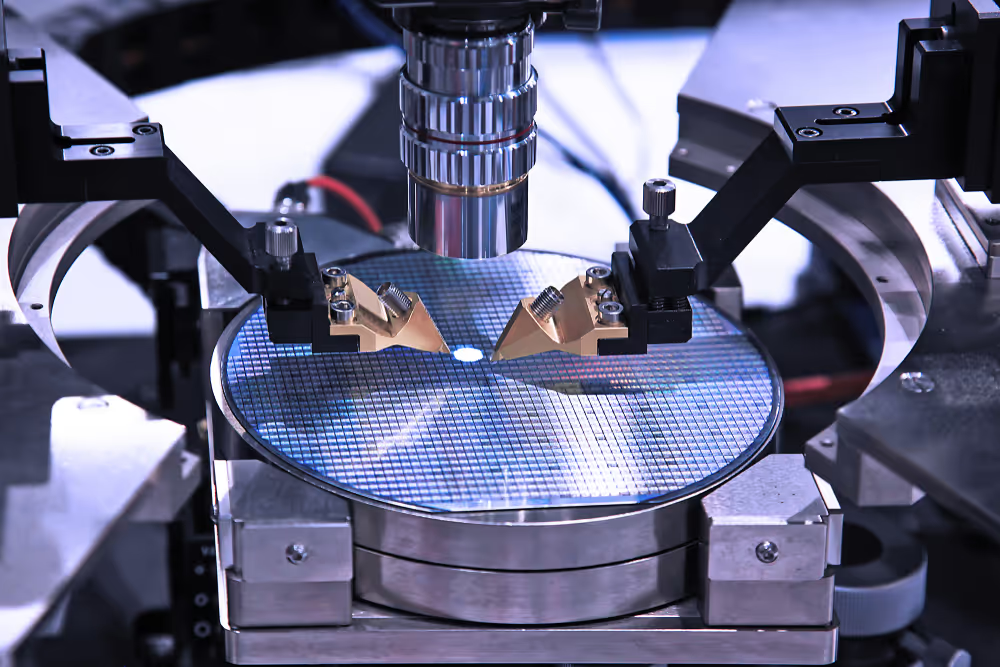
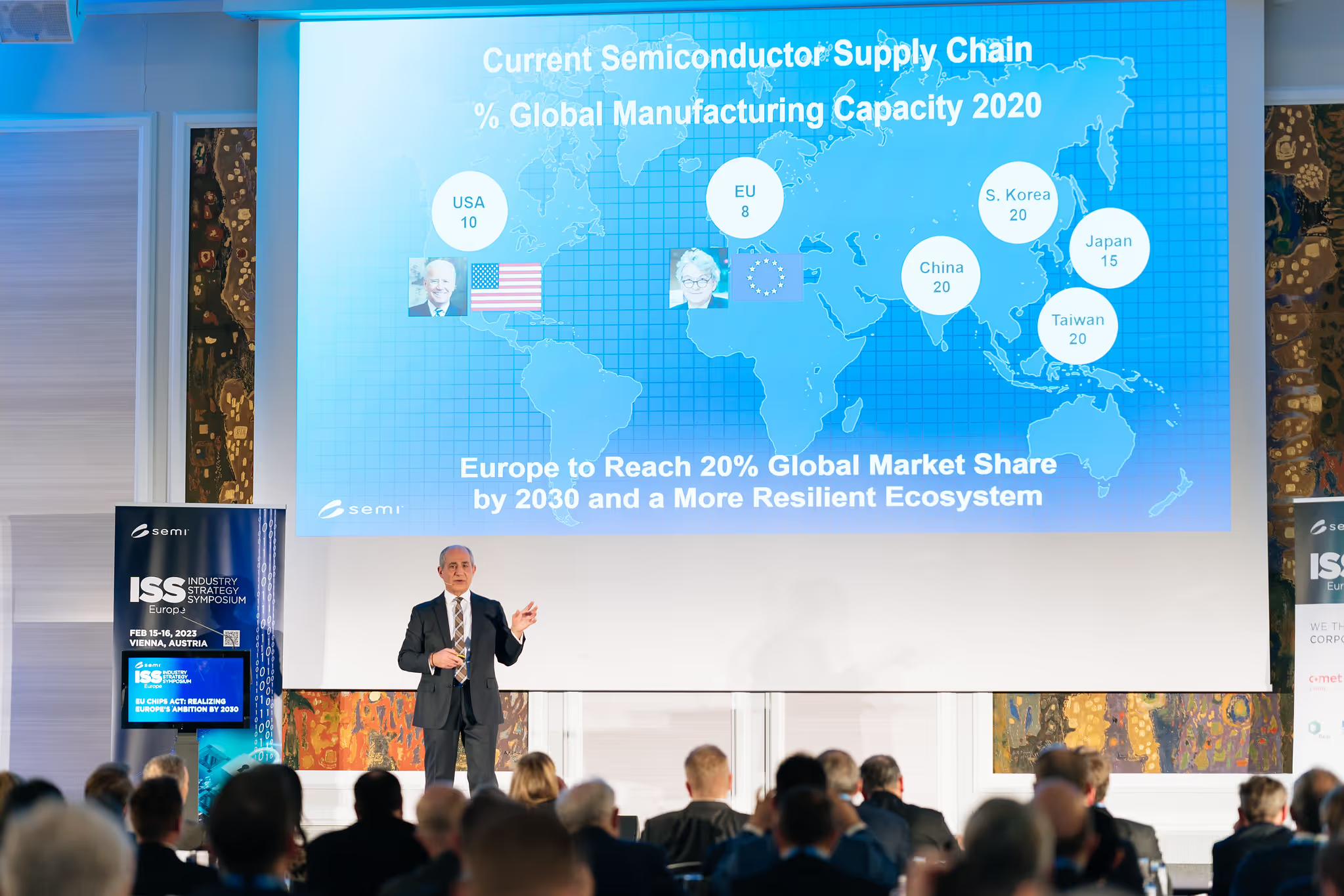
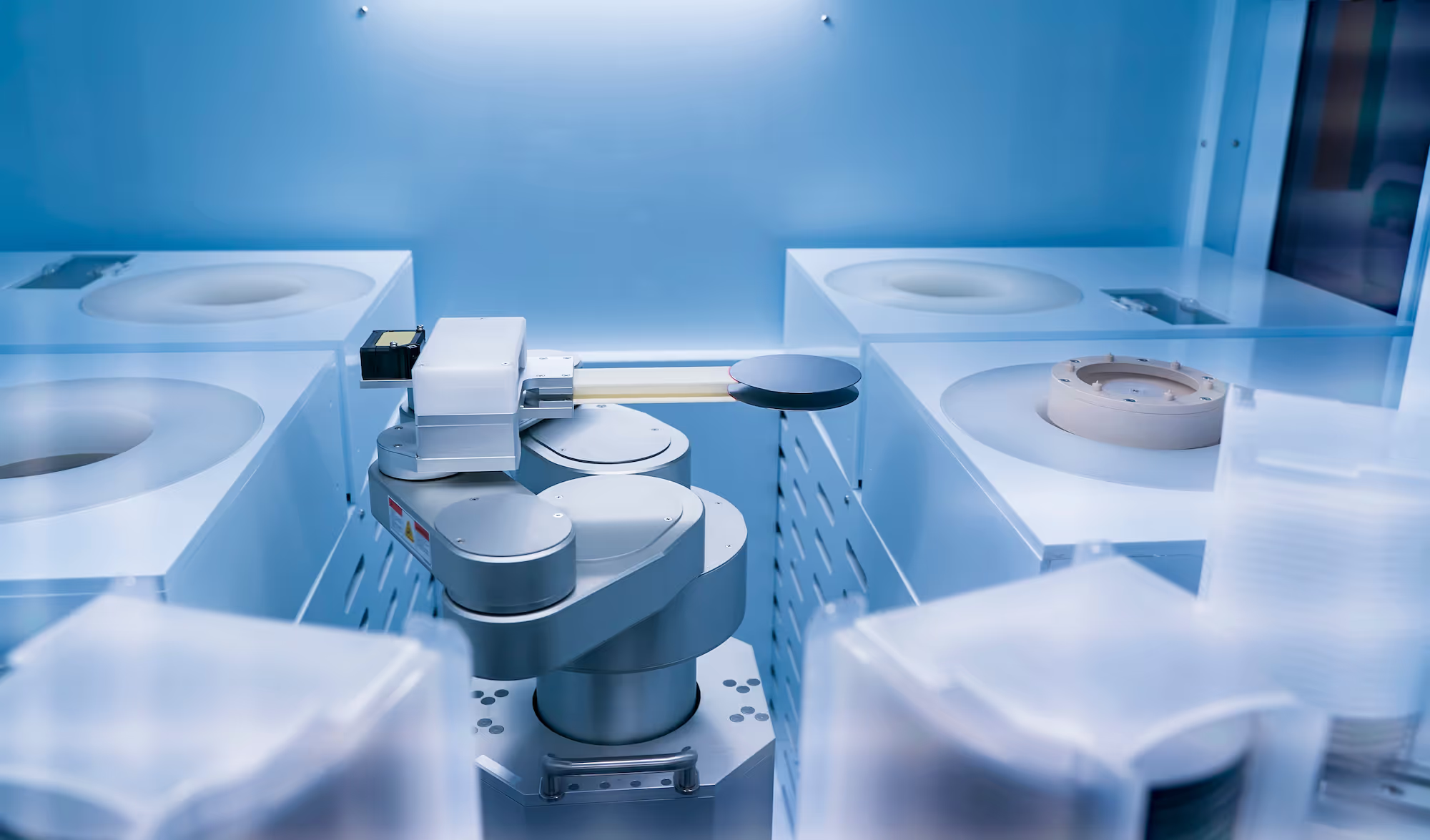
.avif)
